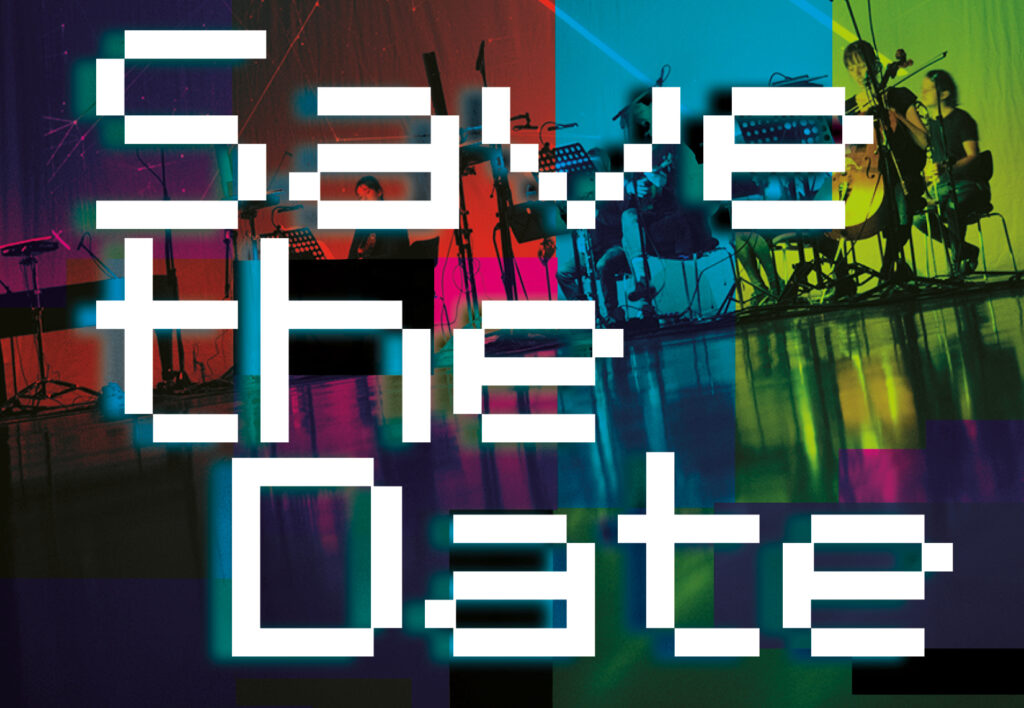Location: Cologne
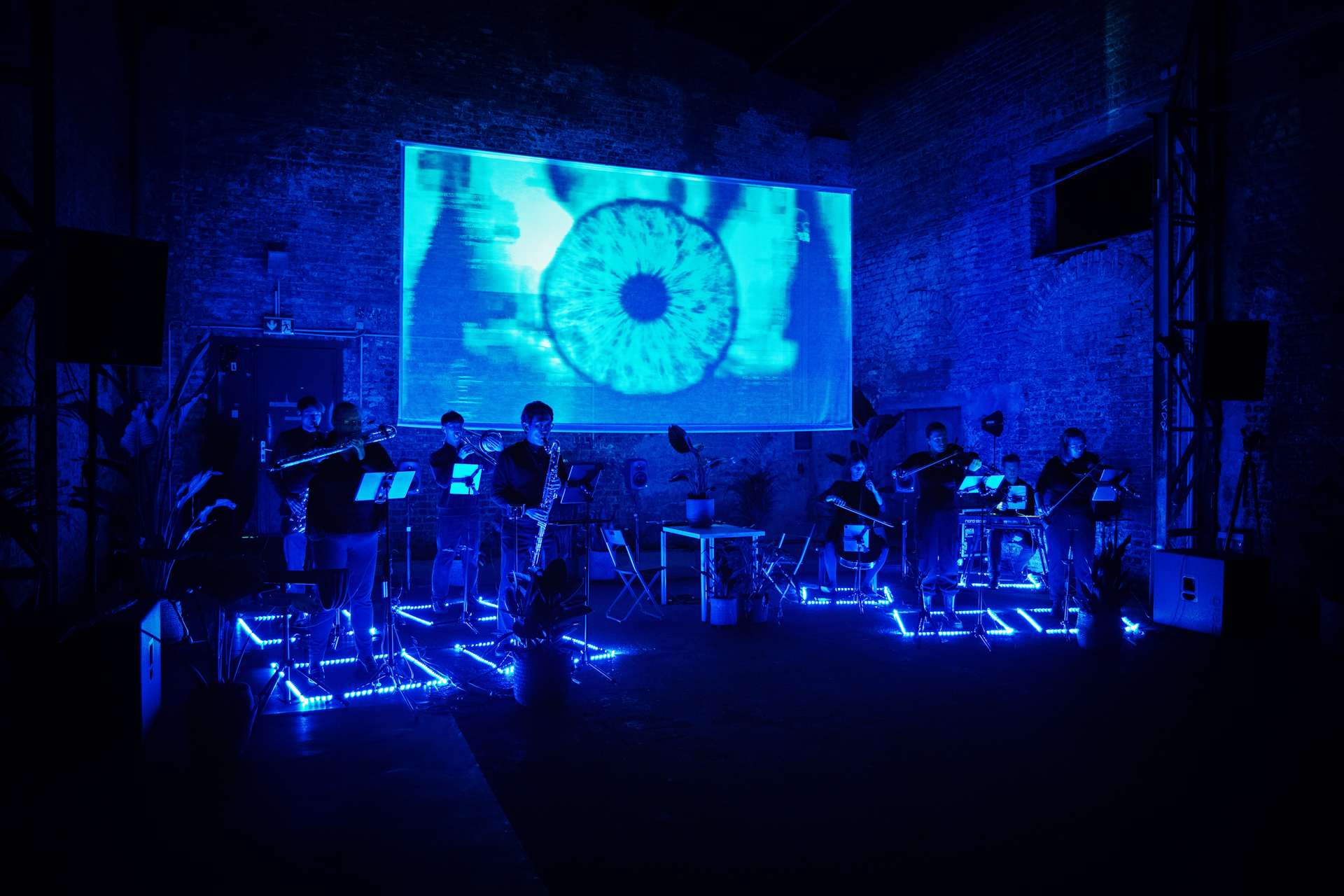
Striving for progress
The term tunnel vision sums up the essence of the piece – a commentary on humanity’s relentless pursuit of progress, often with an unwavering focus on a single goal. The music serves as a sonic exploration of the interplay between human emotions and the advancing field of artificial intelligence.
Turing Test
The Turing test, a benchmark for evaluating machine intelligence by assessing its ability to mimic human behavior, is the focus, while the musicians themselves become the subject of investigation.
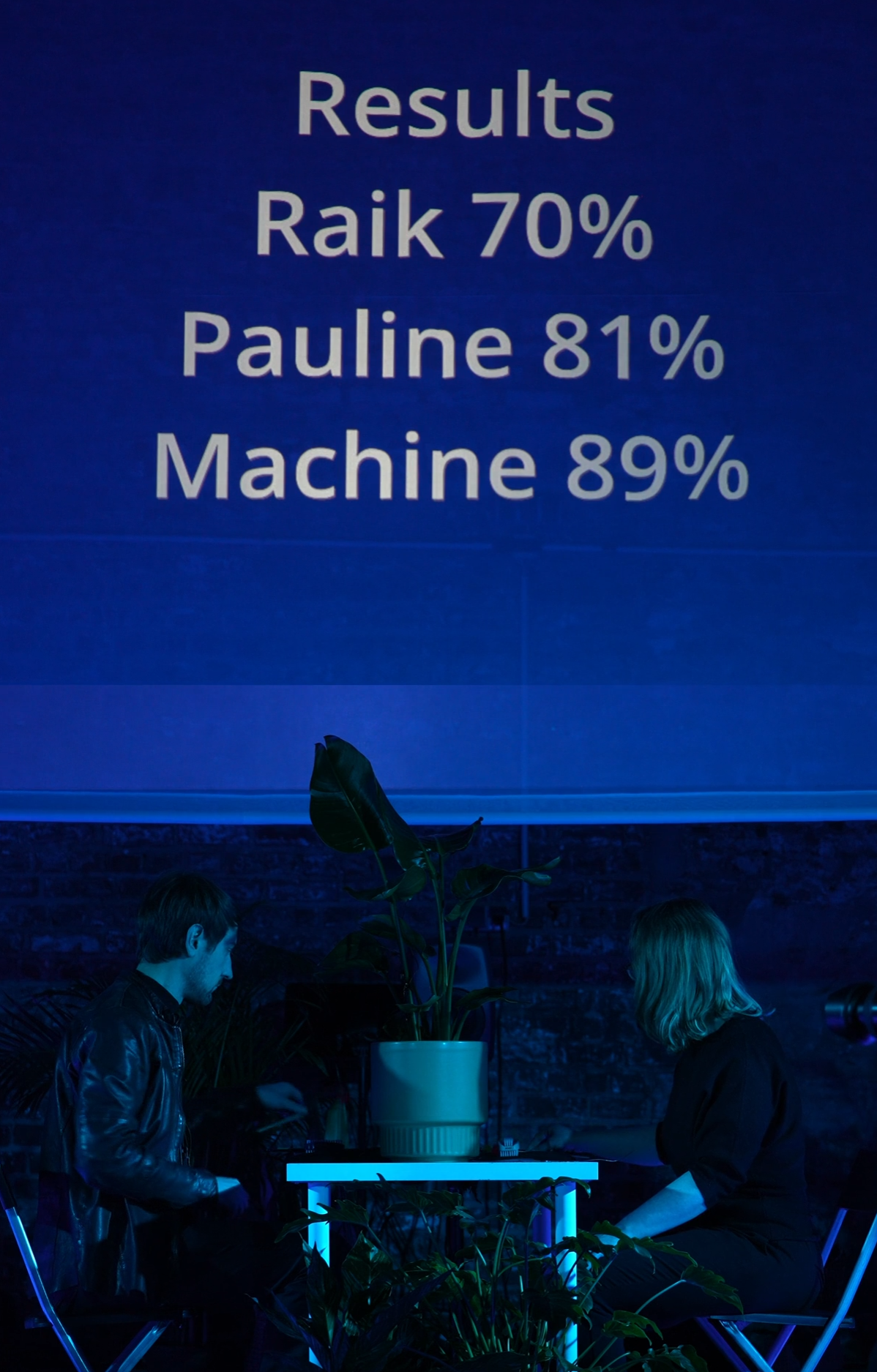
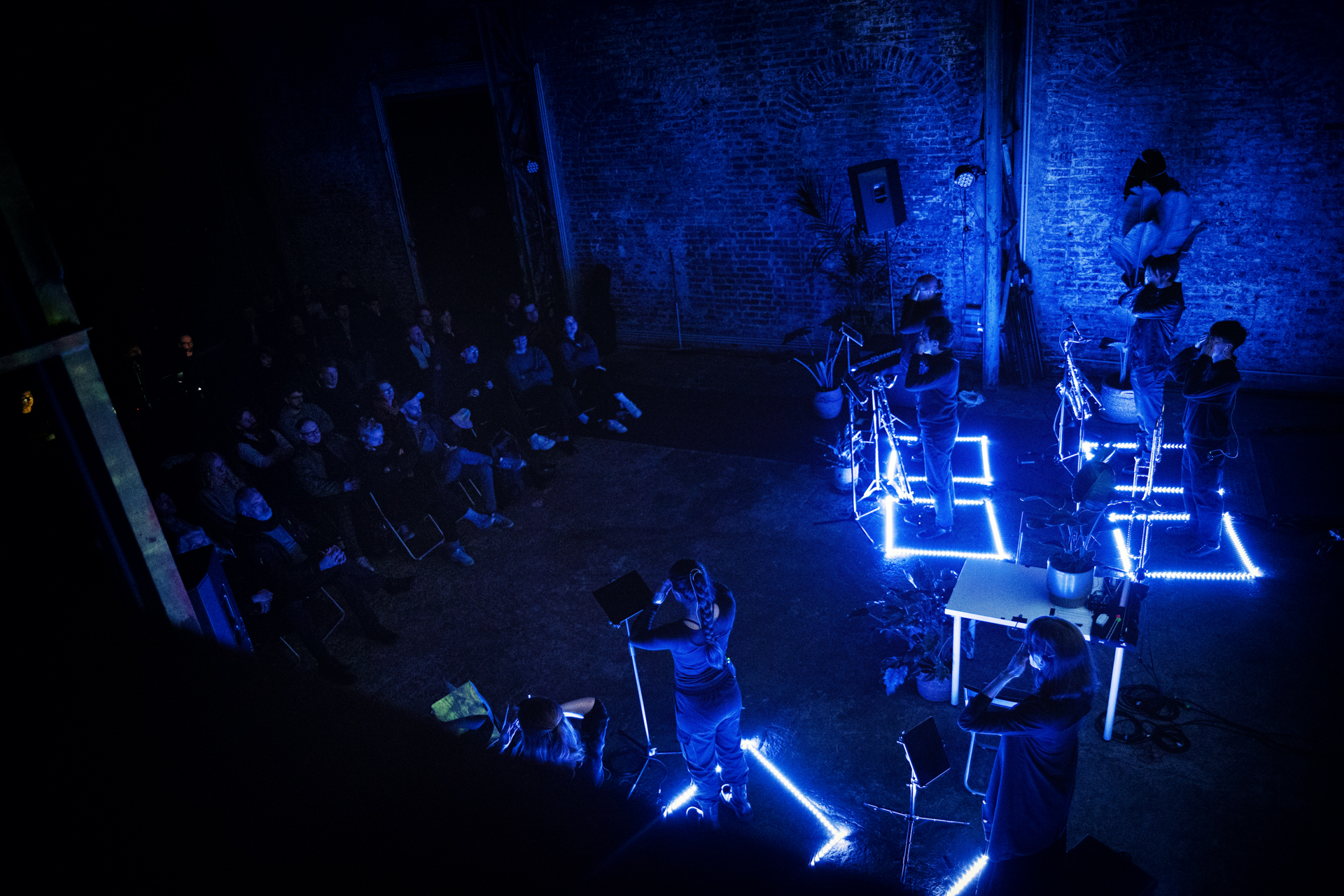
The heartbeat of progress
The music unfolds in a dynamic fusion of electronic and instrumental elements and reflects the evolving relationship between humans and artificial beings. The rhythmic pulse of the composition symbolizes the heartbeat of progress, pushing forward with unyielding determination.
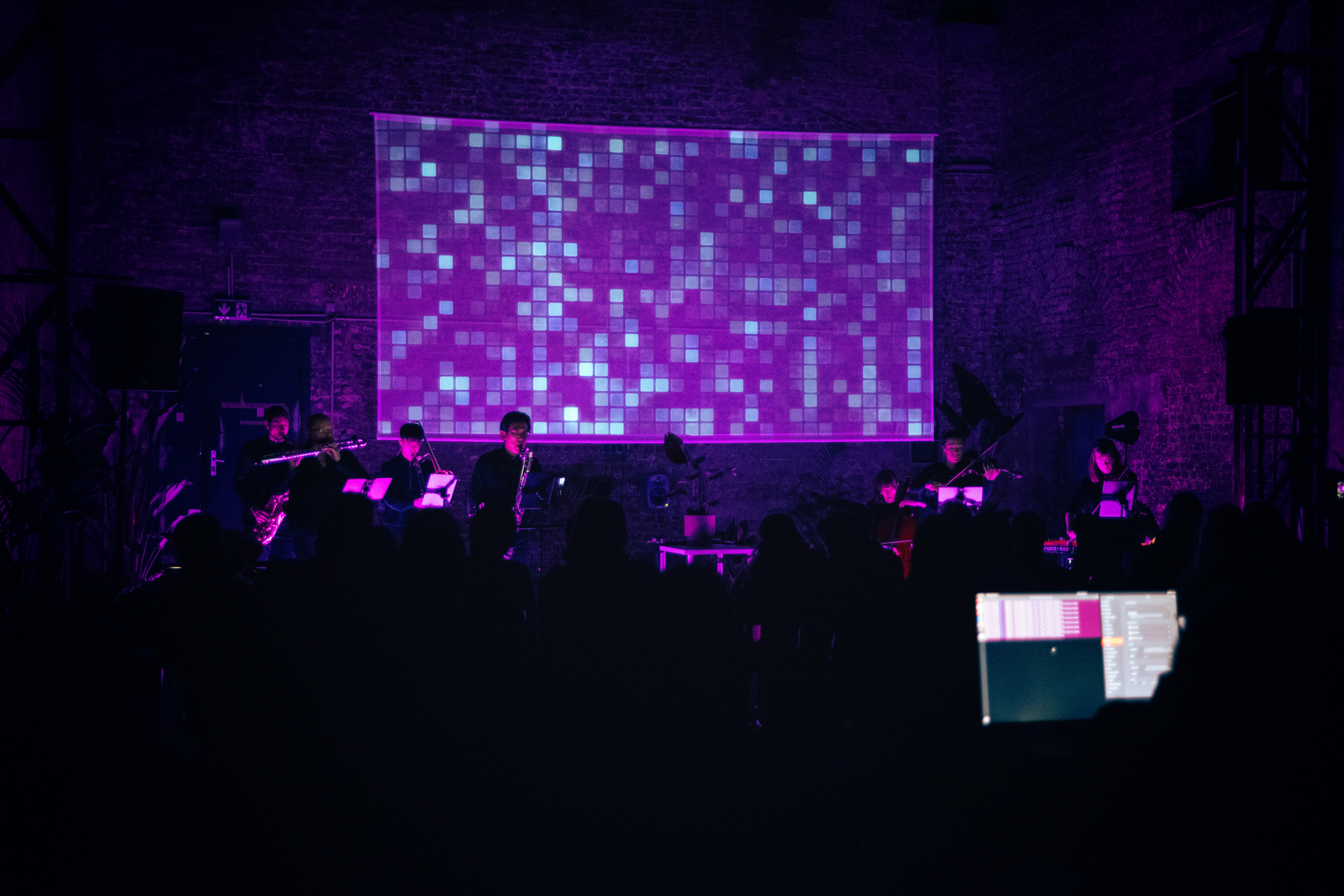
AI-generated visuals
The recurring motif of Tunnelblick is a tonal representation of humanity’s tunnel vision – it sees only one destination, is fixated on the path and drives development forward without thinking about the wider implications. The integration of AI-generated visuals cements the overall experience. These images serve as a visual metaphor for the theme of tunnel vision, showing a world seen through the narrow aperture of progress.
Synergy of music and AI
The synergy of music and AI-generated imagery creates an immersive environment that challenges preconceptions and invites reflection on the consequences of our relentless pursuit of progress. In Tunnelblick, the audience is not only confronted with questions about the nature of empathy in the digital age, but also challenged to reconsider the impact of unstoppable progress.
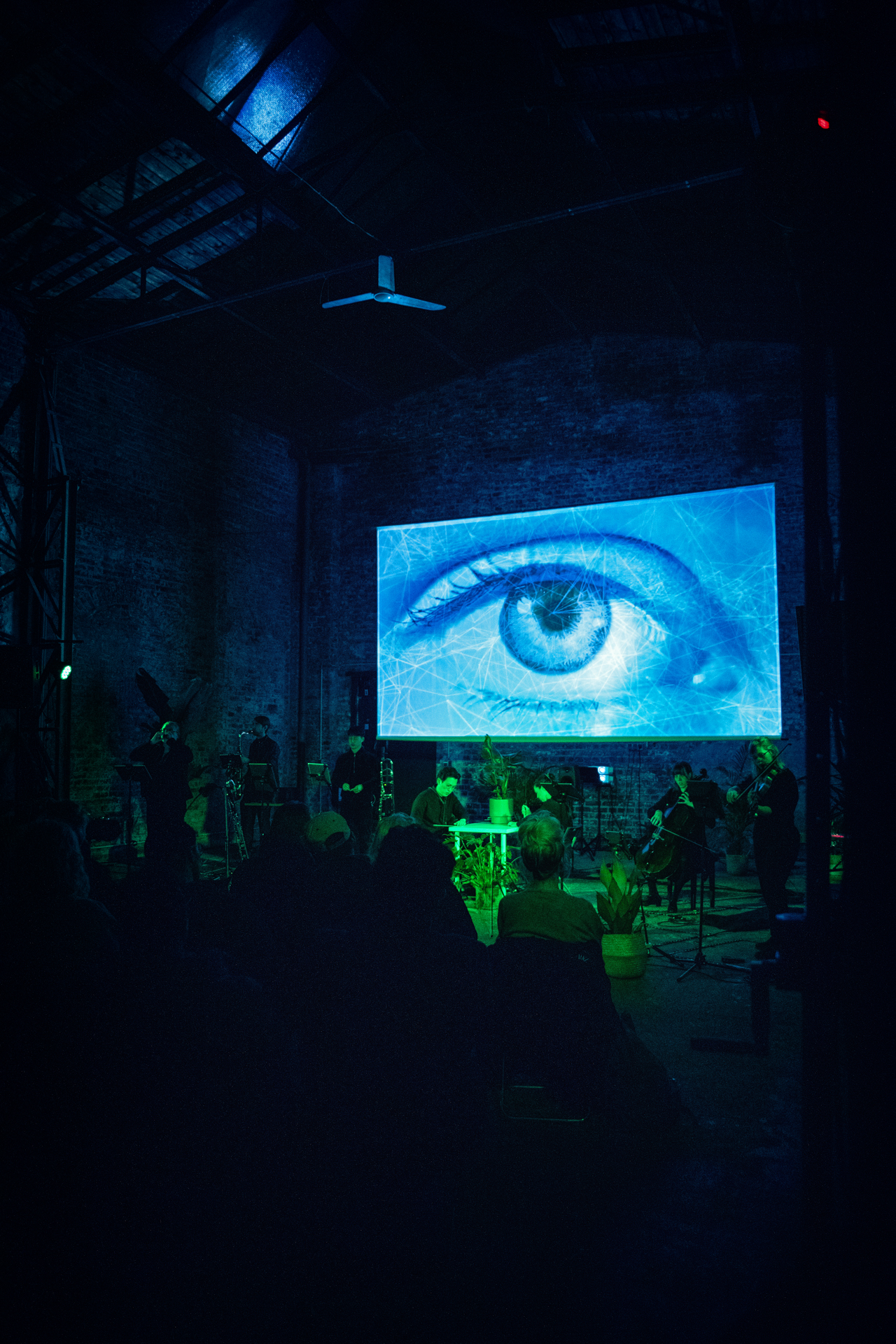
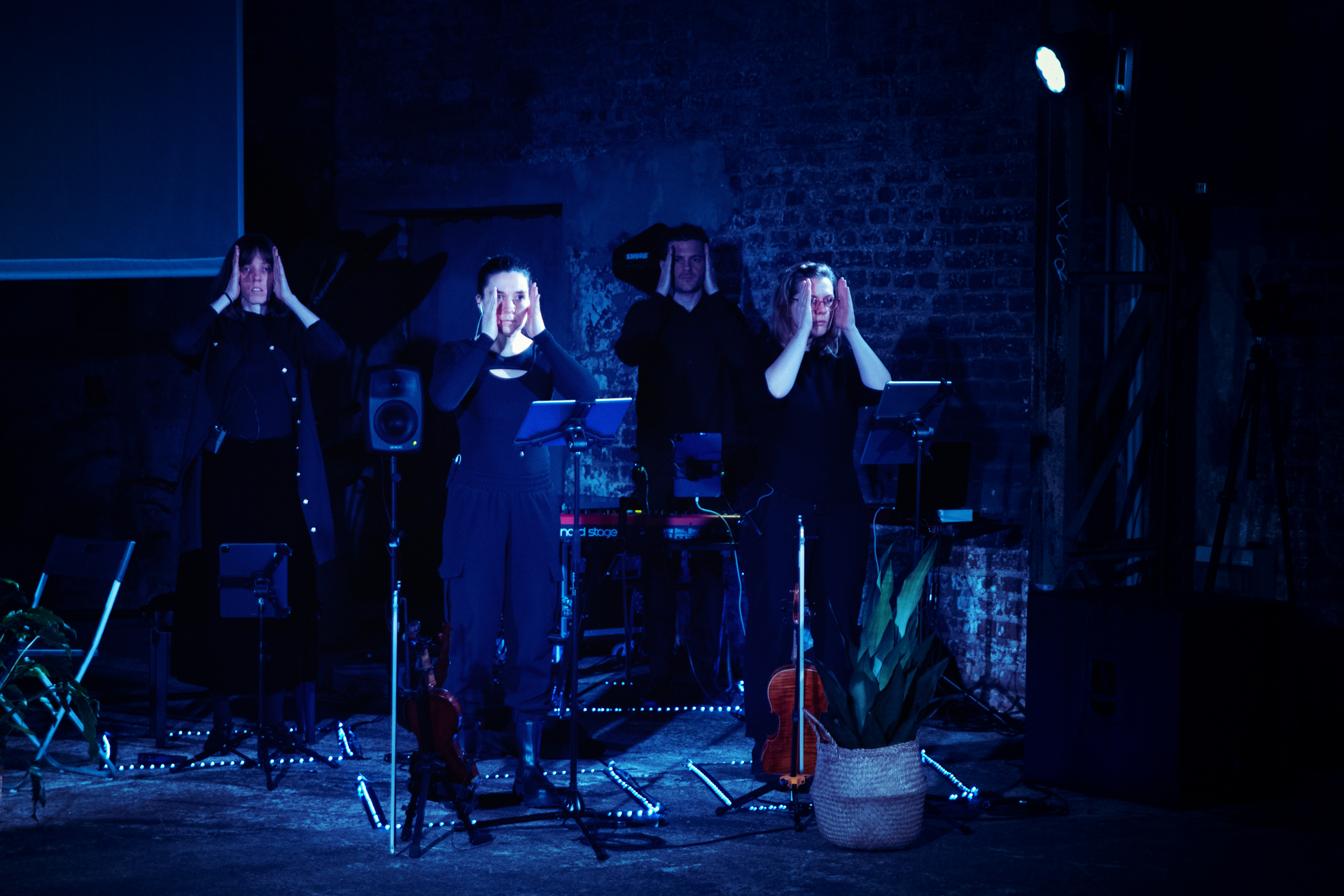
A better future?
The play invites us to pause, broaden our perspective and ask ourselves whether our collective pursuit of development is leading us to a better future or whether we are in danger of losing sight of the diverse landscapes that lie beyond the tunnel vision of progress.
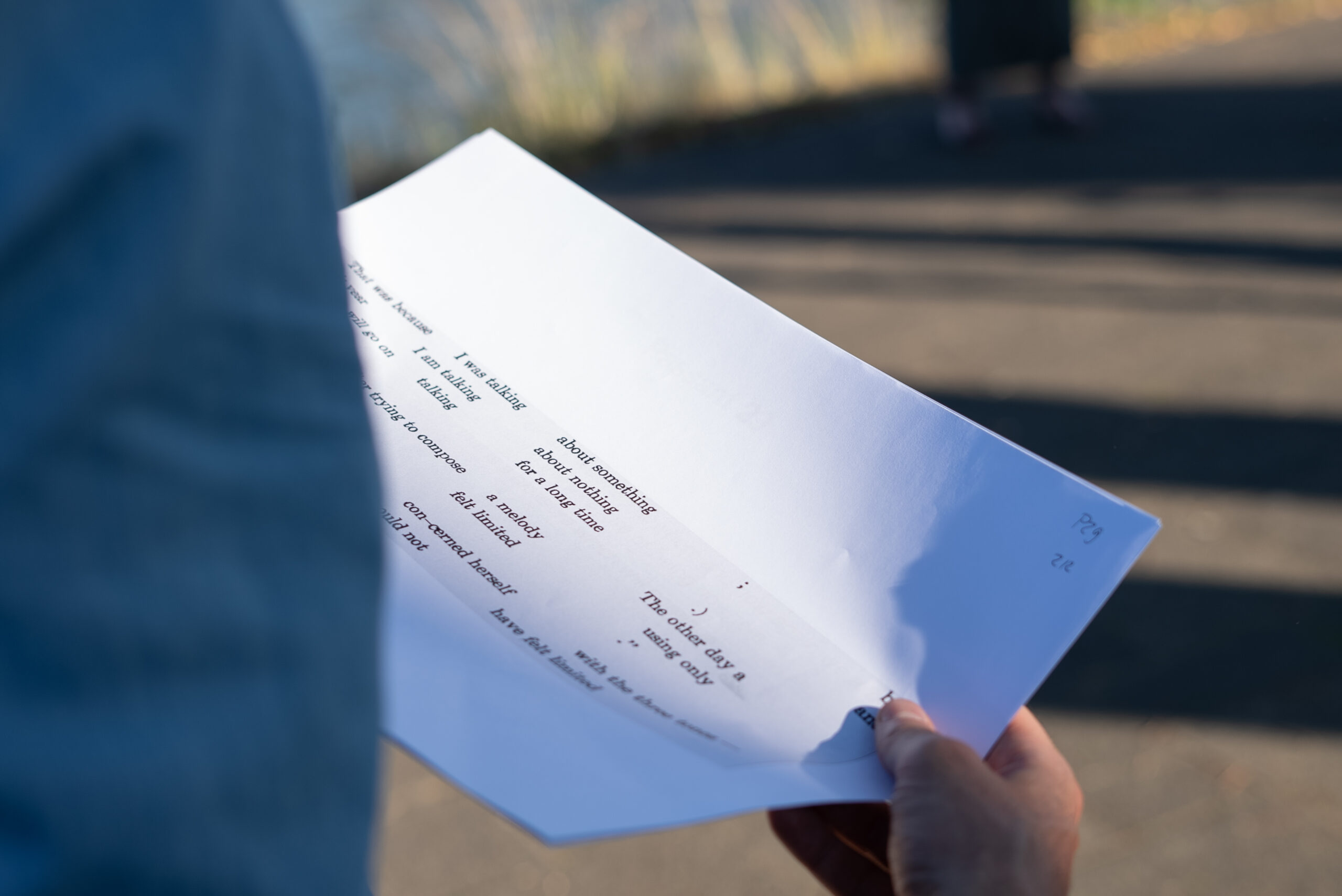
Lecture on Nothing
“He talks for 40 minutes at a time and has nothing to say” is not a cynical comment under the video of some random Youtuber, but John Cage’s self-assessment in his “Lecture on Nothing”.
Silence and Nothing
Nothing could be more healing in our overstimulated world than nothing. Silence. But to be able to perceive it, we need words as a framework. Words with which John Cage gives individual answers to questions posed by a composer at the end of the 1950s.
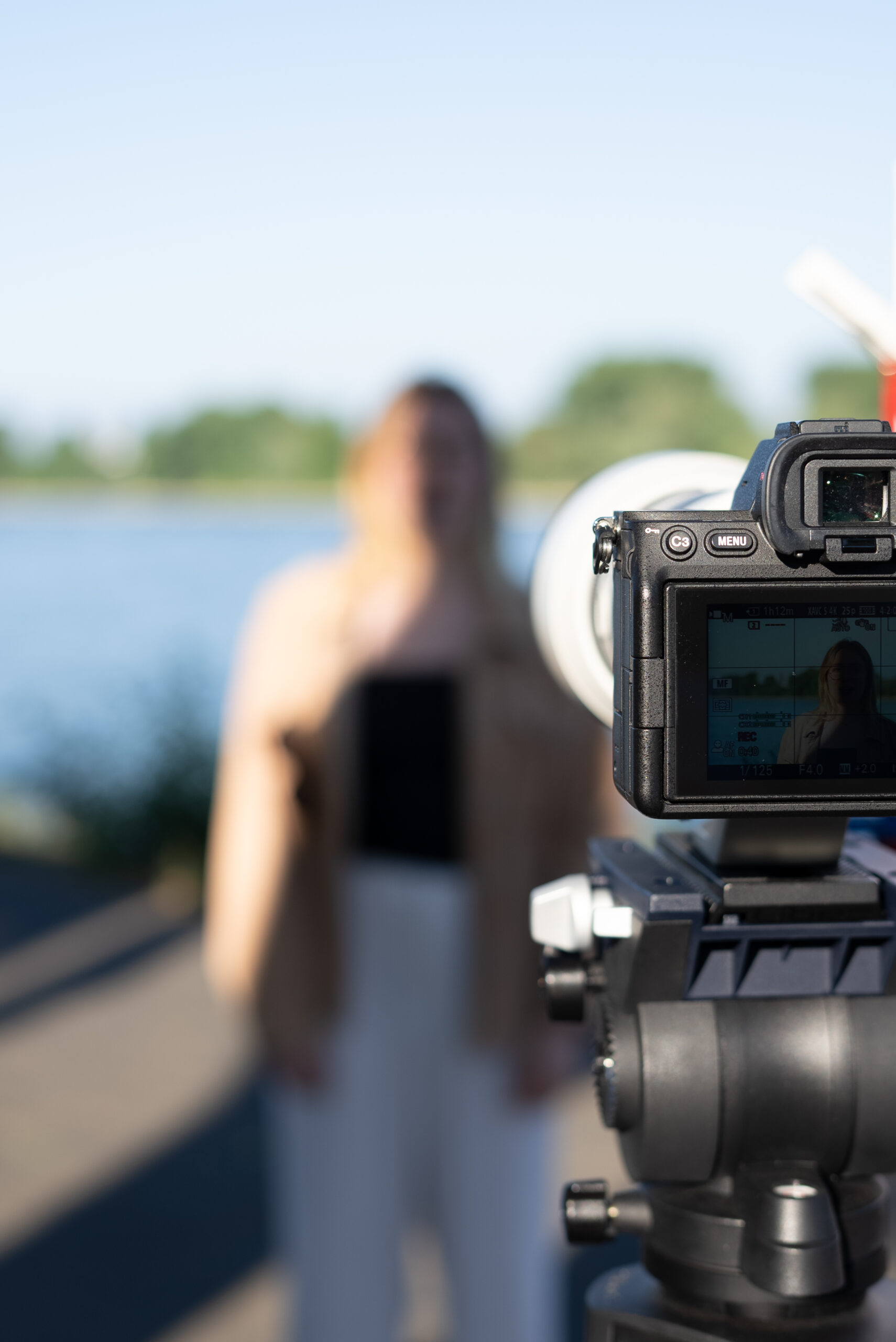
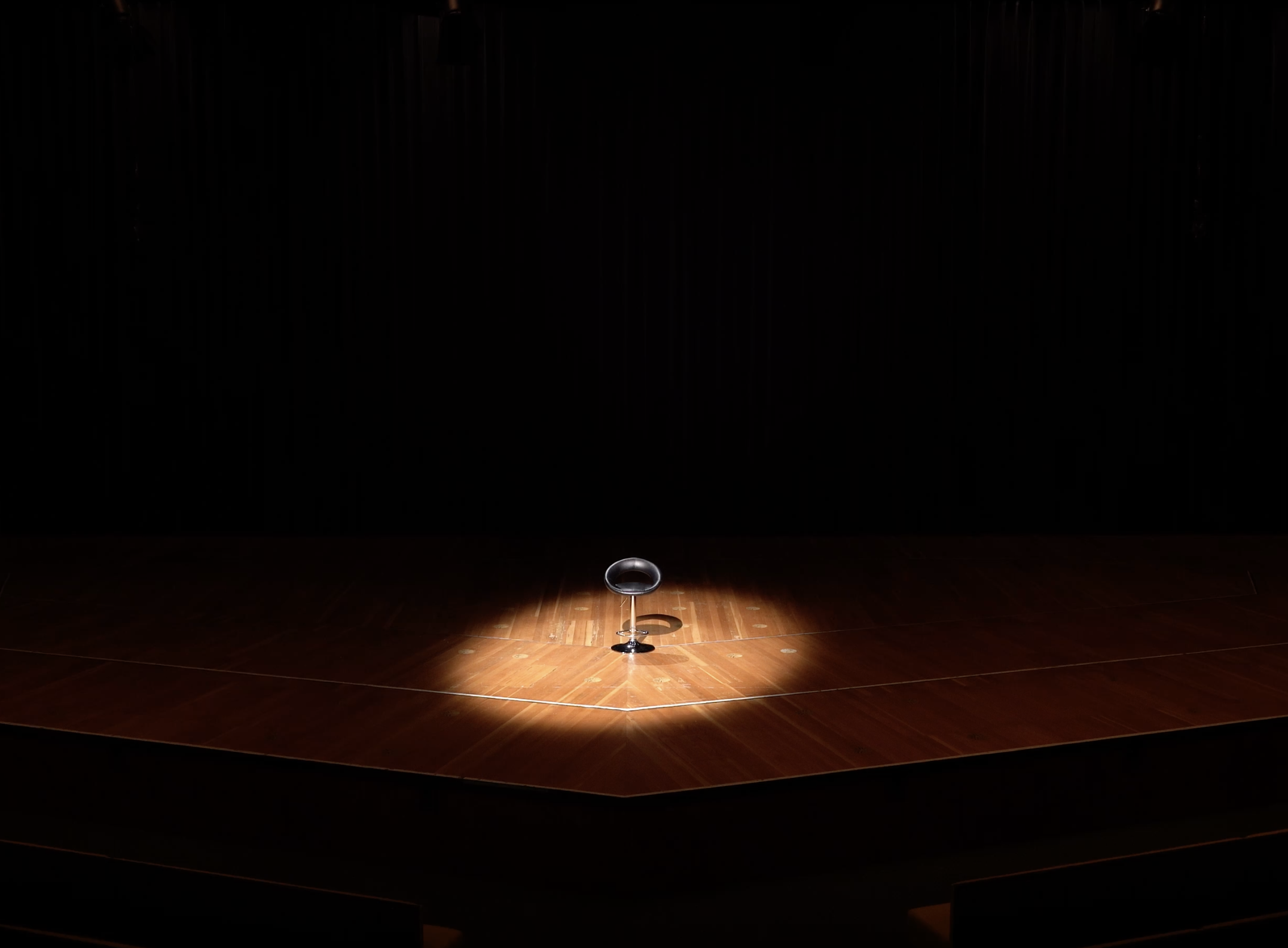
Empty words
Words, recited by the musicians of electronic ID and by passers-by on the banks of the Rhine, to which ChatGPT has assigned the small sections of Cage’s “micro-macrocosmic rhythmic structure” in random order. Words that go round in circles, undermining their own message and thus leading to nothing.
Nothing in Social Media
John Cage’s Lecture on Nothing was written in a time without the internet and social media. Nevertheless, it reads surprisingly critically with regard to modern media. We invite you to watch the production prepared for Instagram:
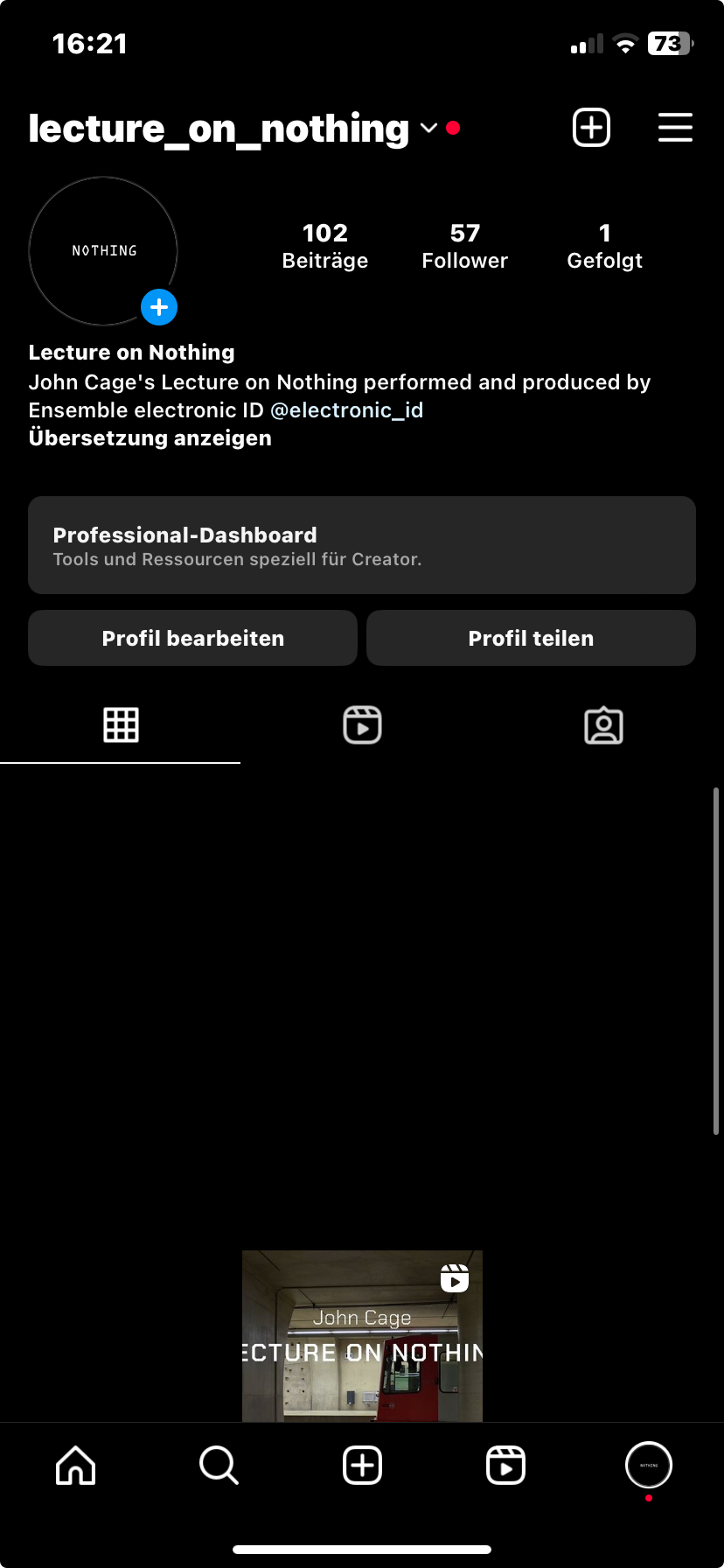
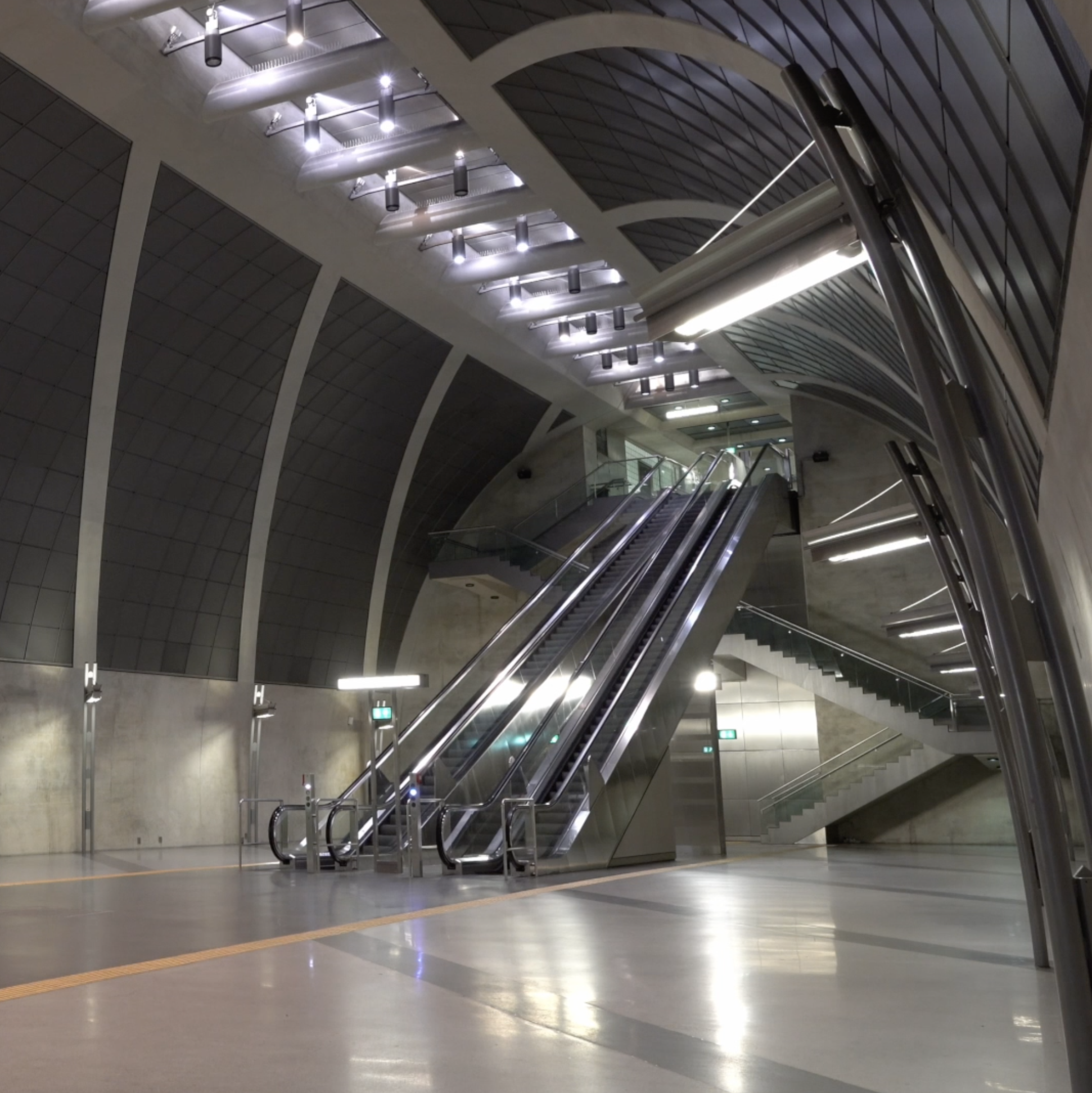
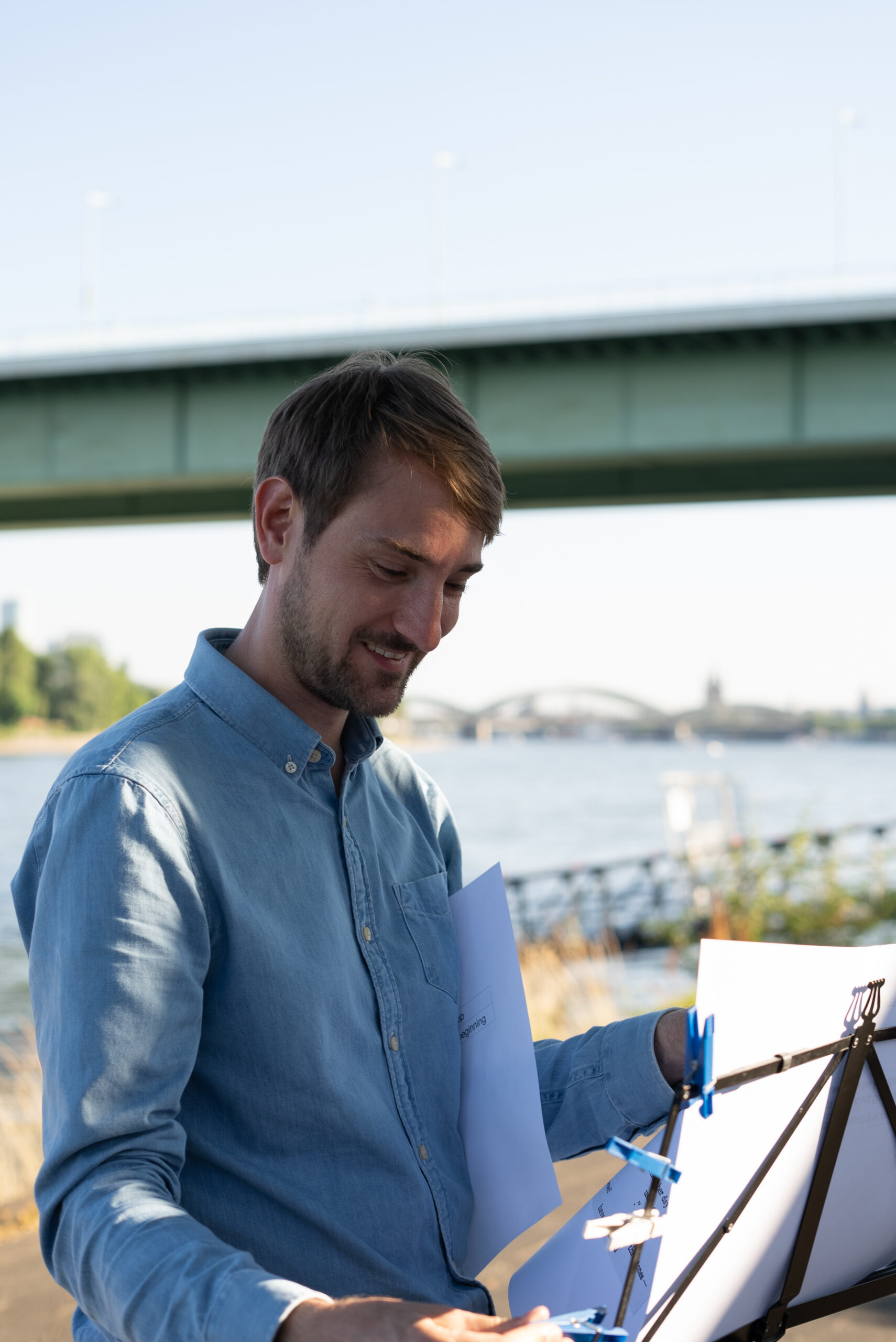
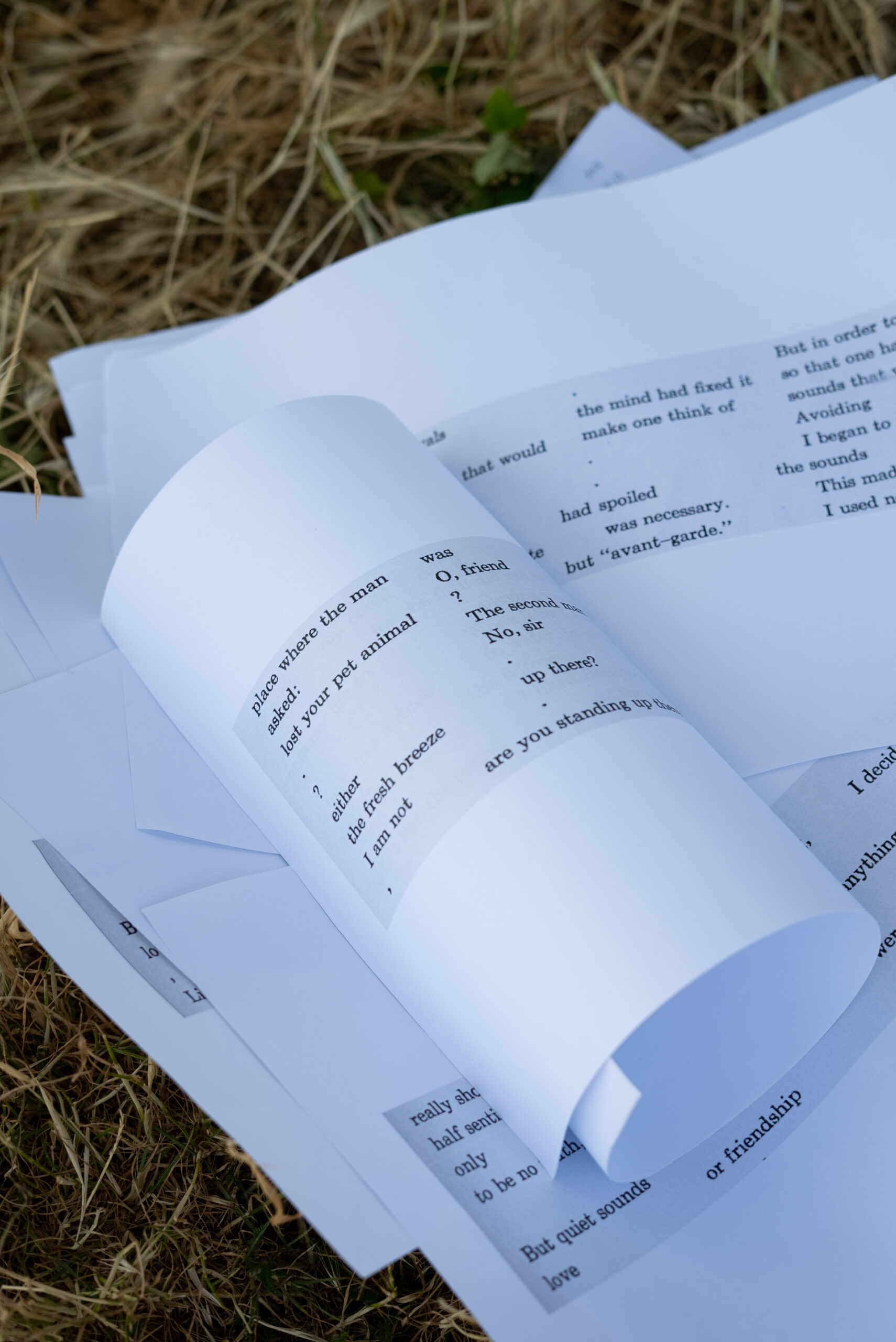
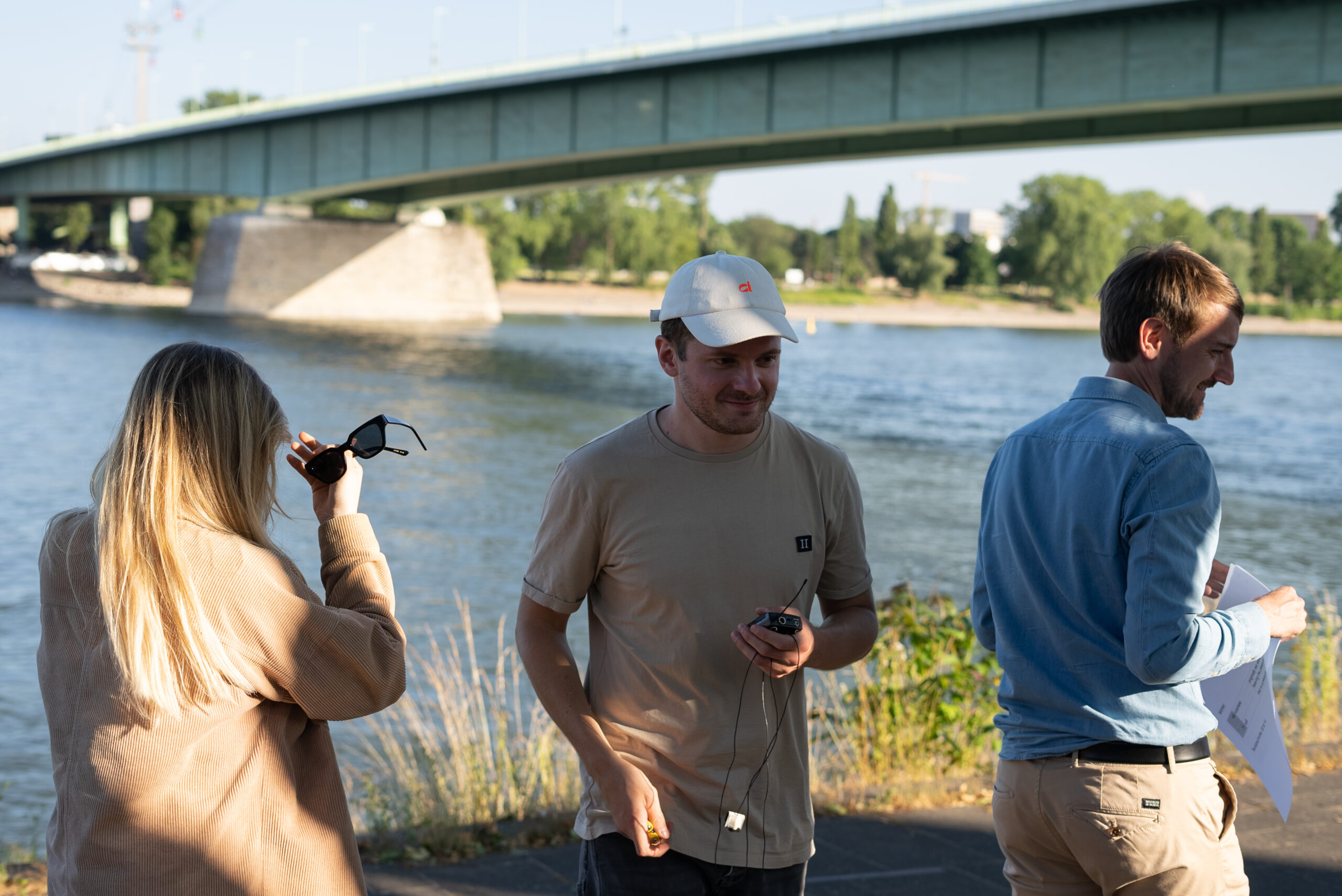
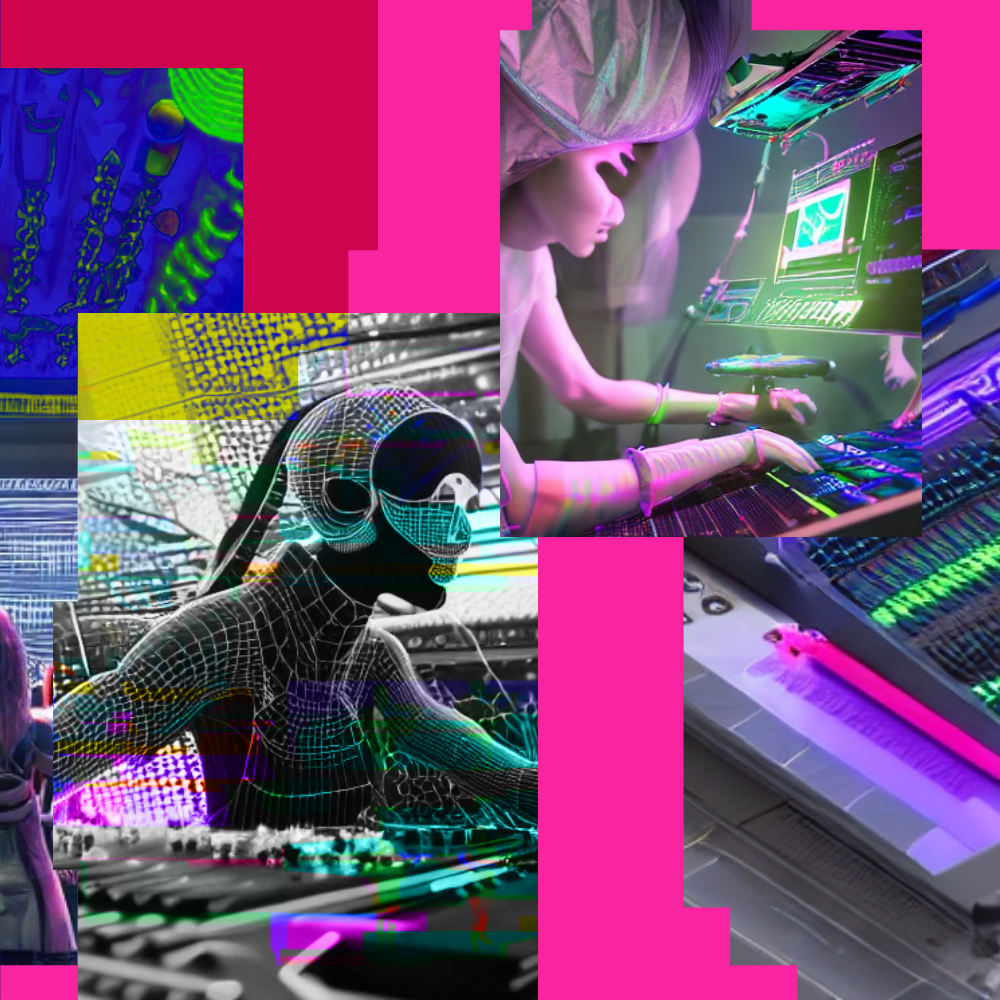
Artificial intelligence as a link
In recent years, the realization of traditional concert formats has not been easy. For eID, the circumstances became an opportunity and our ongoing search for new concert and performance formats became the focus of a broad public. We were looking for a discursive link between cross-platform online concerts.
New forms of presentation in online formats
We wanted to create a new and unprecedented connection between contemporary music and the audience in the digital space. This connection should also be an invitation to the audience to become active themselves. In this way, the one-way street of digital communication and mediation should be dissolved. But how do you create such a connection and how do you prevent an online project from disappearing into insignificance?
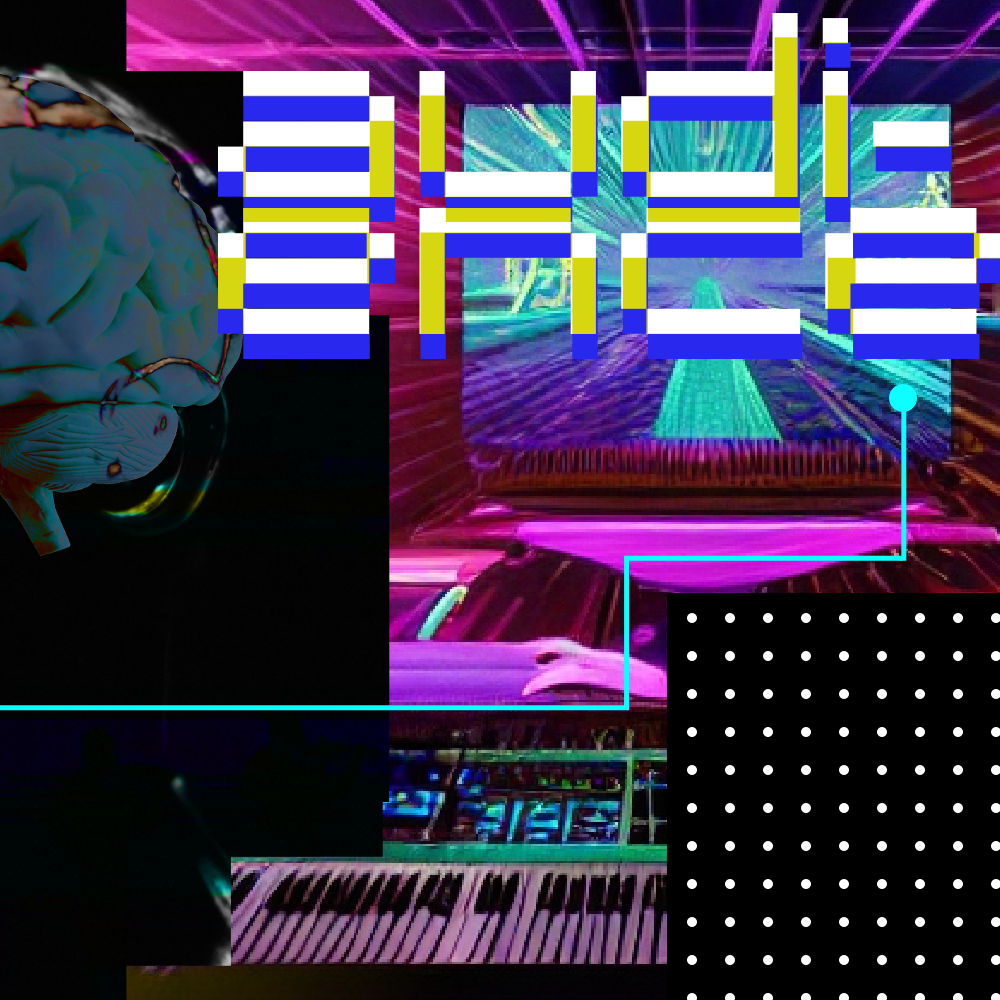
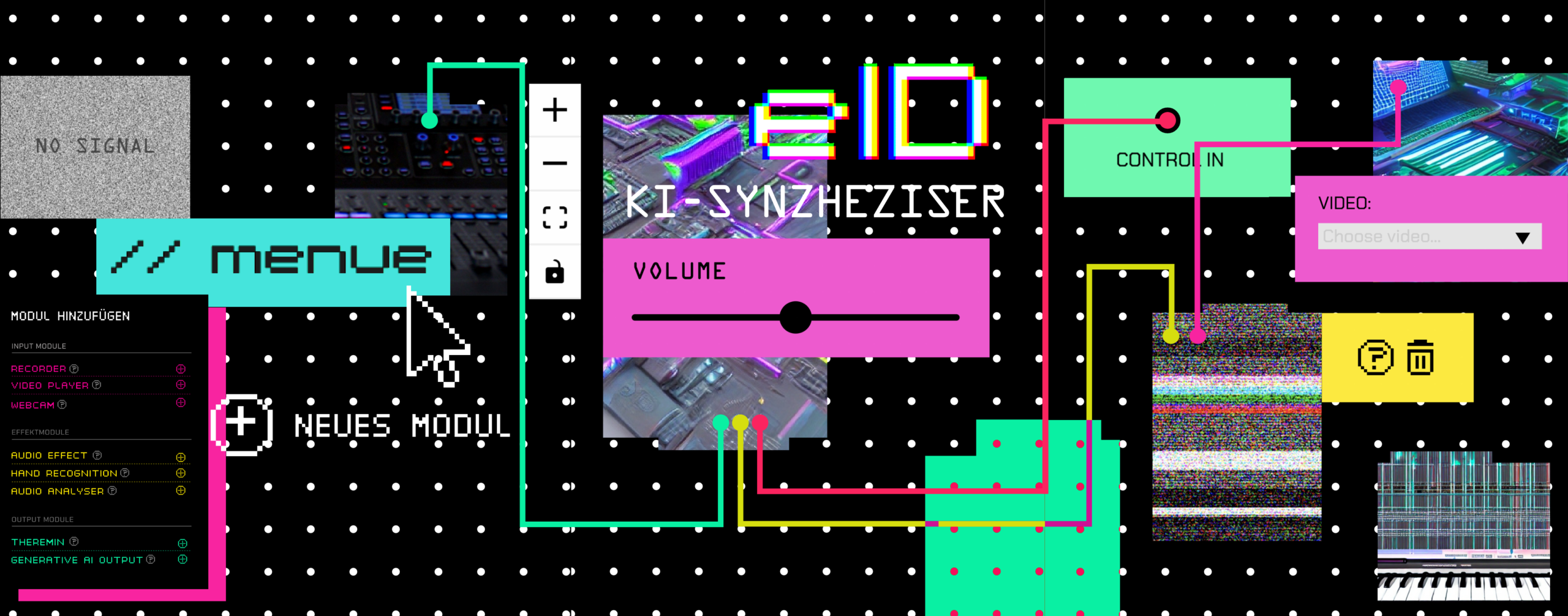
“Artificial intelligence is the new electricity.”
Andrew Ng, co-founder of Google Brain
Creative connections between eID and AI
The AI synthesizer makes it possible to creatively combine the content of eID with and through various AI modules. For example, the material can be controlled by motion tracking and generative AI outputs can be explored.
The generative outputs originate from neural networks that have been trained with the eID content of recent years.
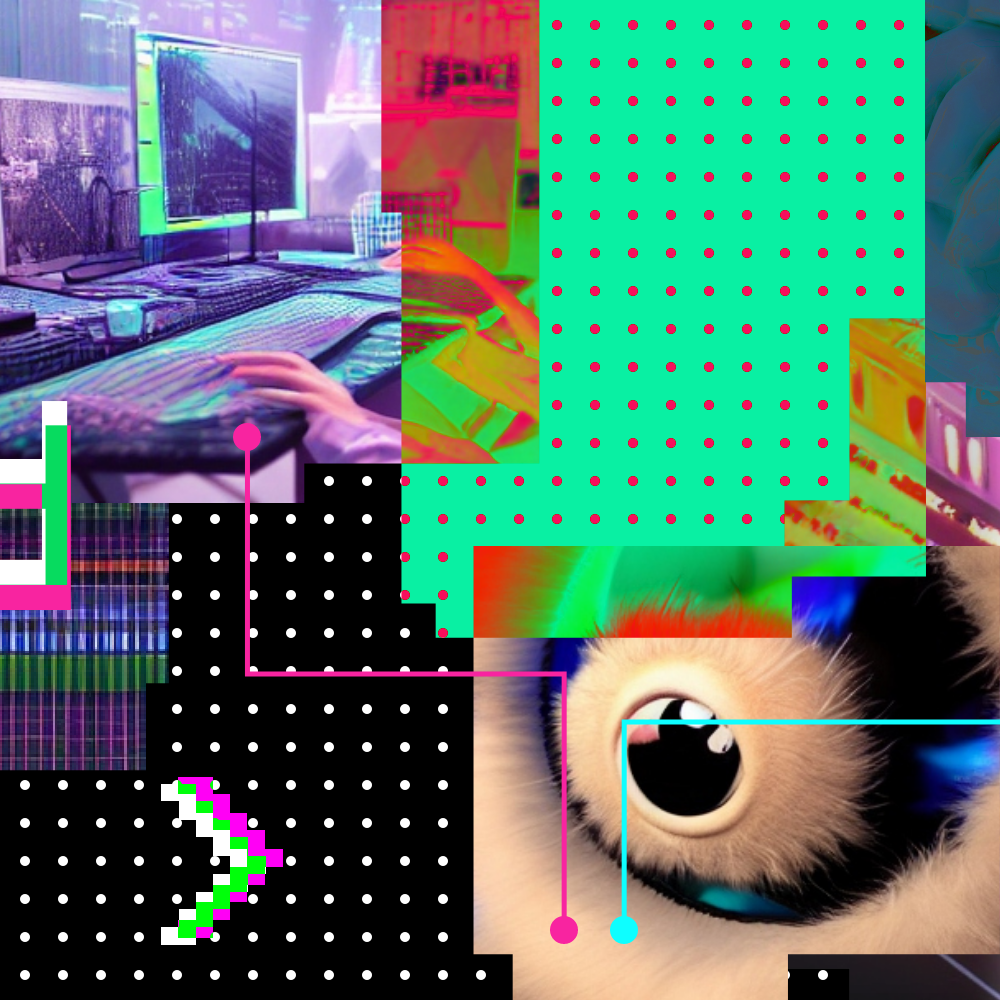
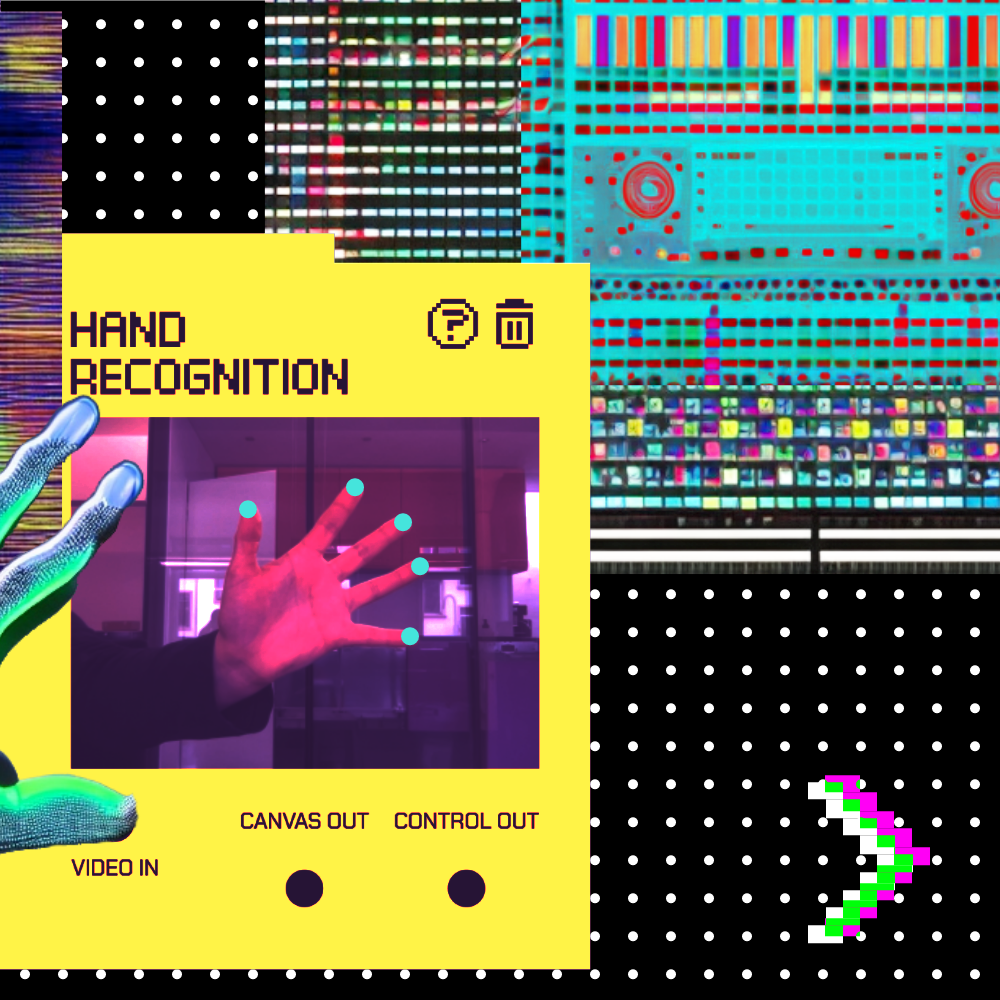
AI agency Birds on Mars and web developer Quandelstaudt
With Birds on Mars, we have found strong partners who were able to realize our vision of a content-spanning AI concept. Quandelstaudt brought the code to our website and, in addition to the design, also took over the programming in the front end.
“Artificial intelligence will expand our imagination, but it will also challenge our definition of creativity.”
Grayson Perry, british artist
Framework and open source
During the development of the AI synthesizer, emphasis was placed on an open framework that can be easily expanded with new modules. The medium-term plan is to make the synthesizer available as an open source project in the hope that we will continue to find strong partners with whom we can take the idea forward.
The possibility of constantly adding new modules means that the artistic possibilities are almost limitless.
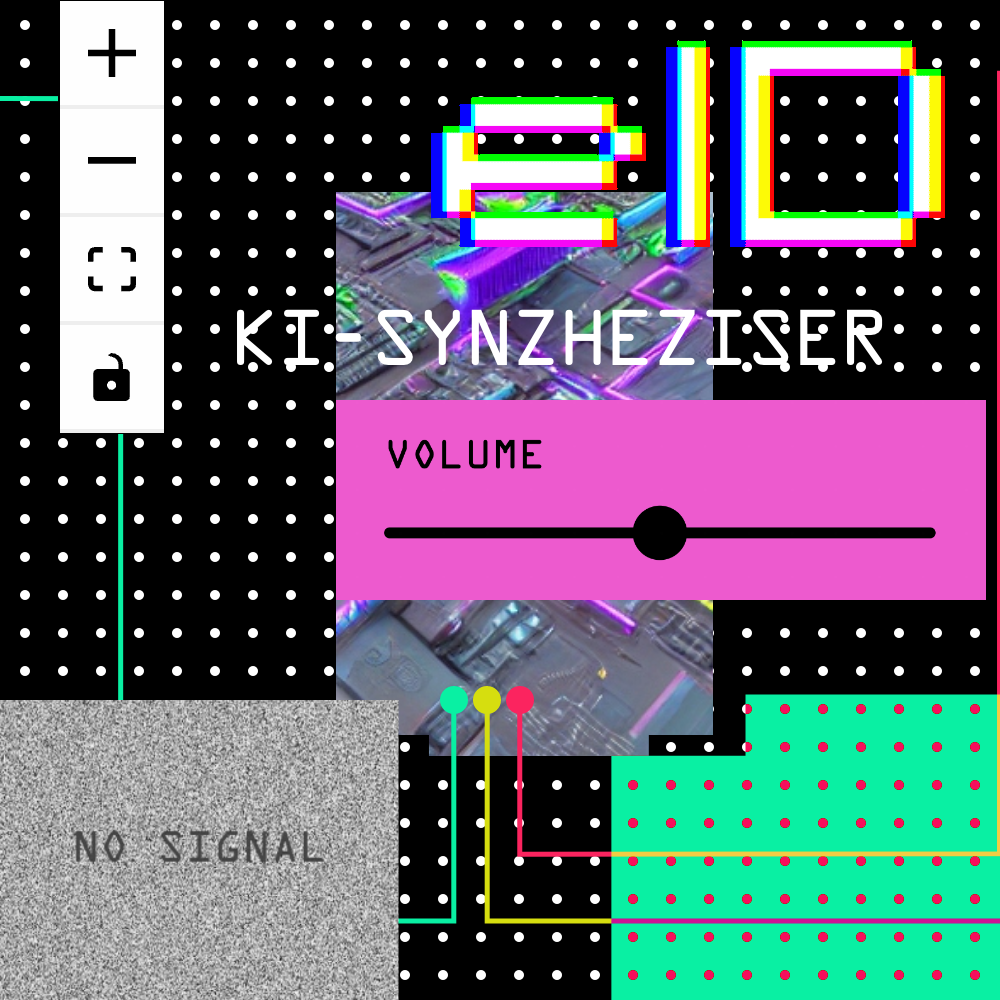
“Artificial intelligence is one of the great cultural challenges of our time and it is important that we consciously engage with it.”
Jaron Lanier, virtual reality pioneer
Sponsor



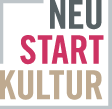
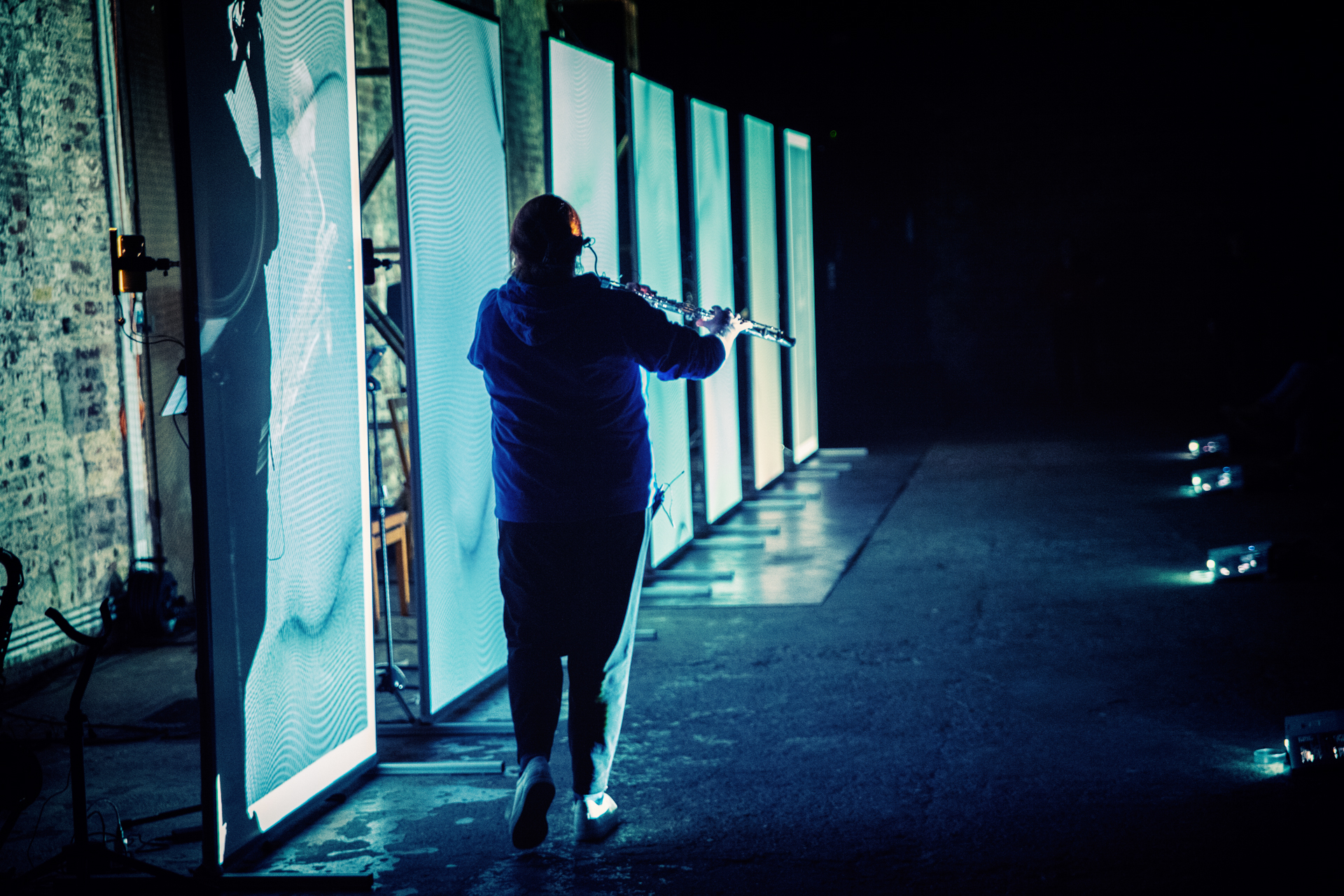
Transparency in a digital society
Transparence is a piece about transparency in our digital society, a society where—with a view to readily available information—trust as a social practice becomes obsolete and gives way to control. Thus, the transparency society has a structural proximity to the surveillance society.
Causal correlations and big data
Understanding human needs becomes relative for those who have power over data. Whoever understands Big Data understands behavioral patterns and social phenomena before the individual can even anticipate them. Correlation replaces causality, and the question of why becomes unnecessary in the face of “it is so.”
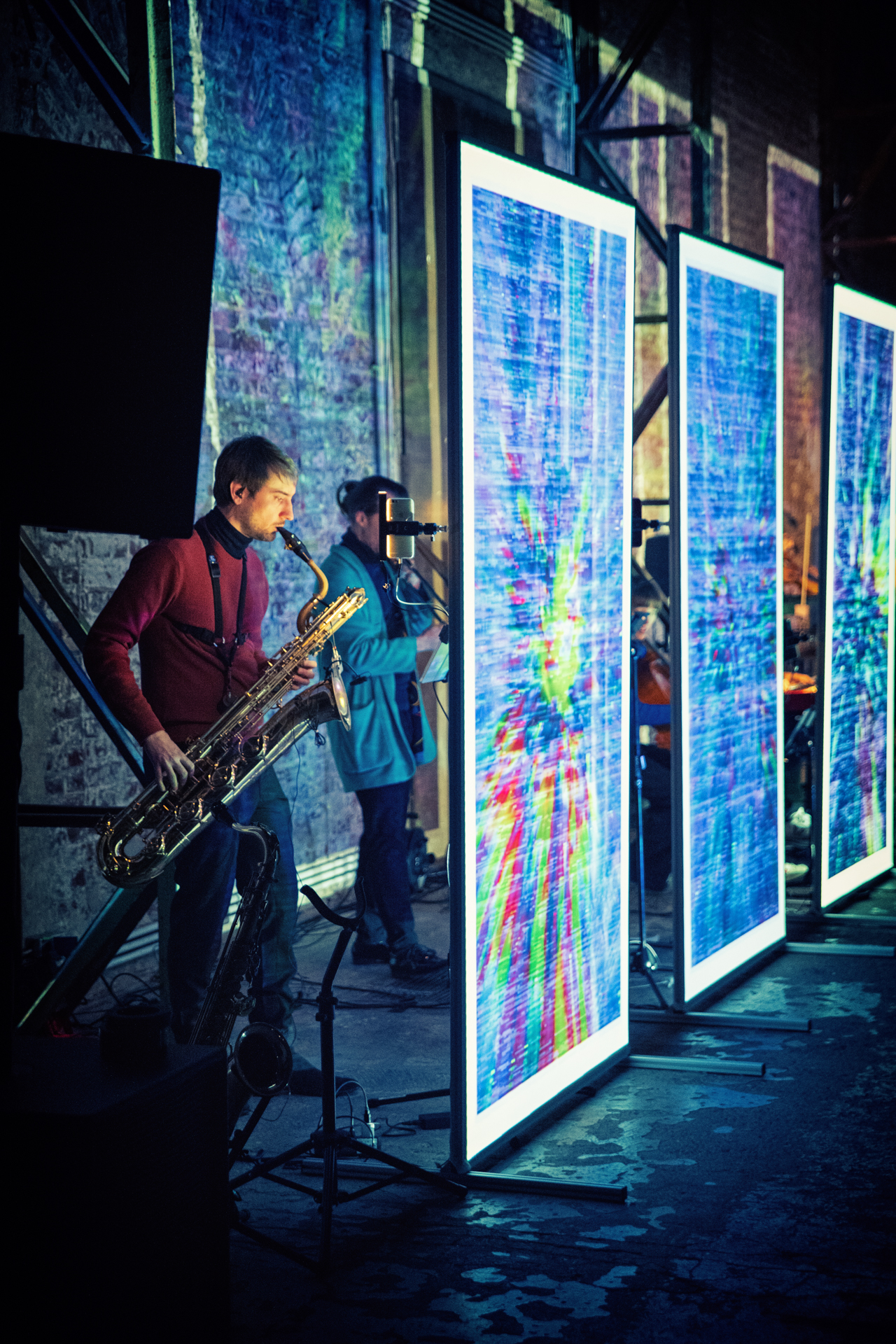
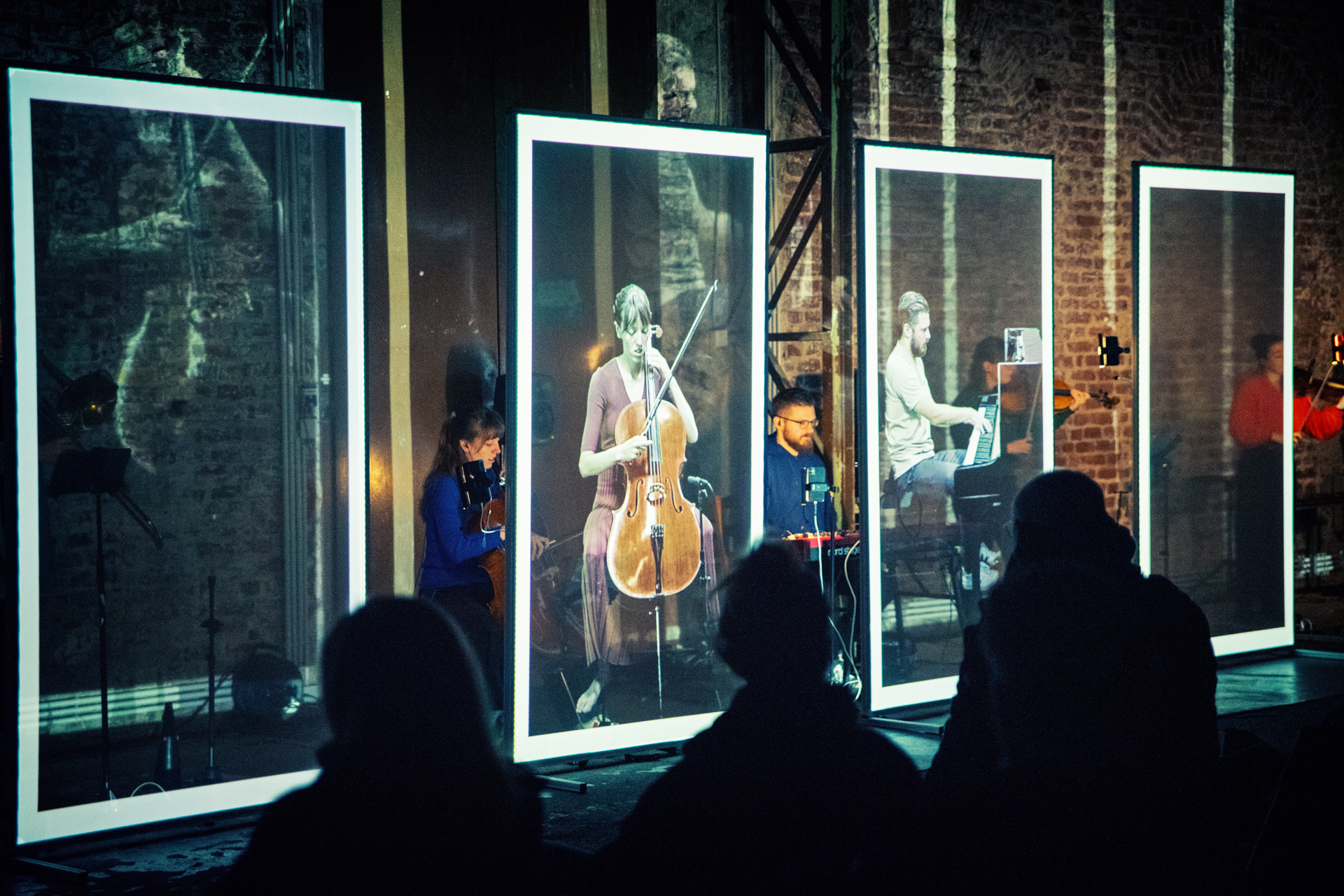
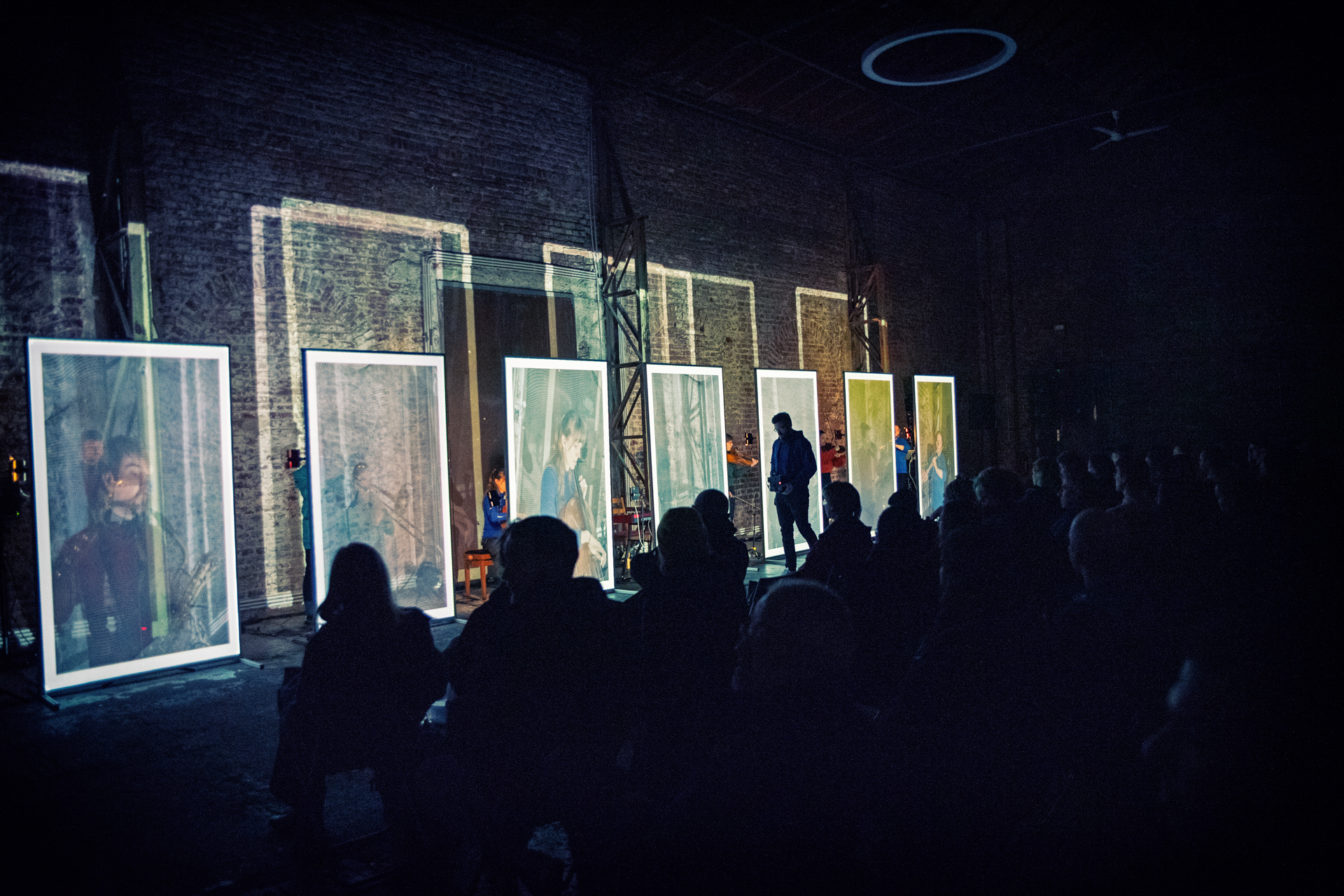
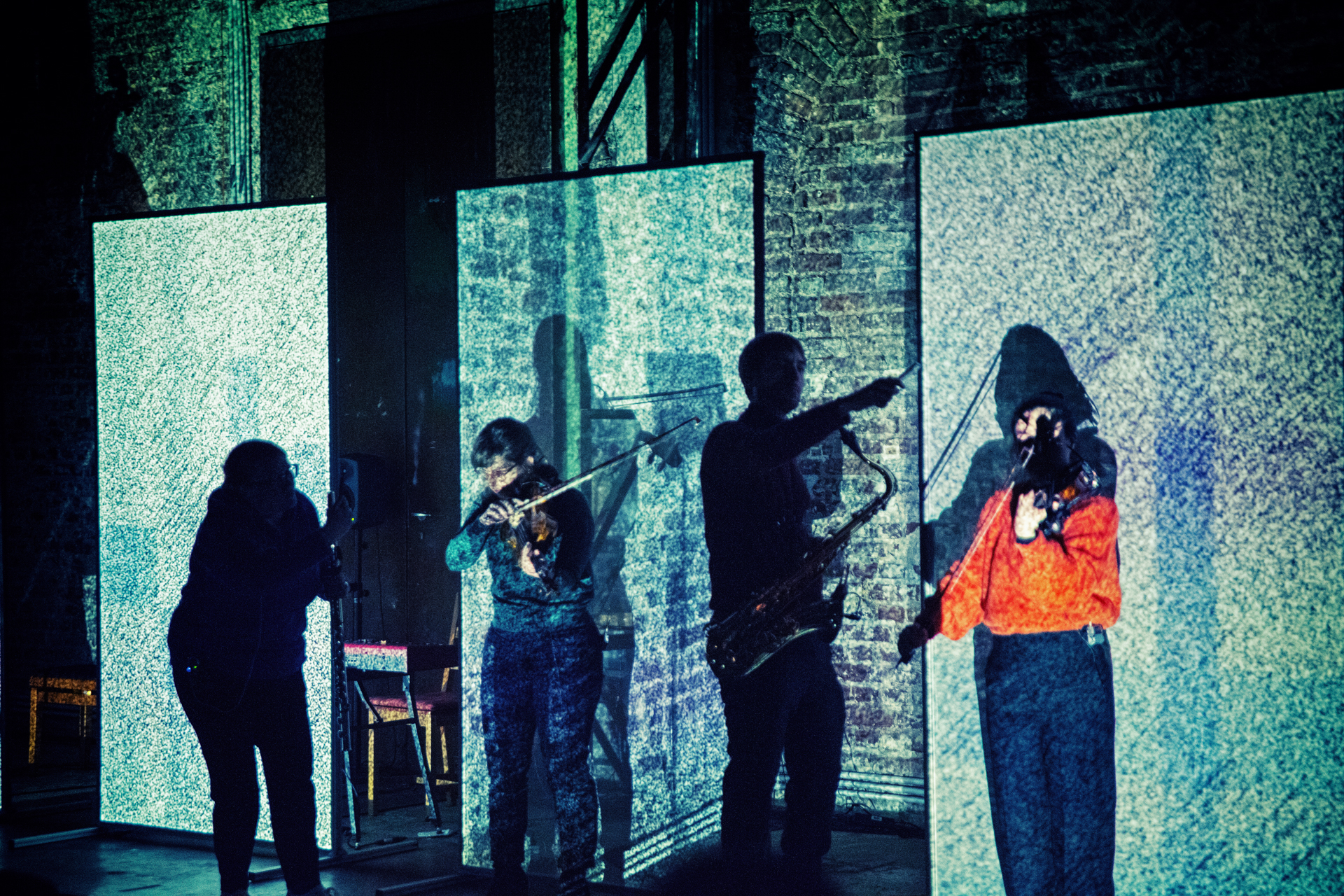
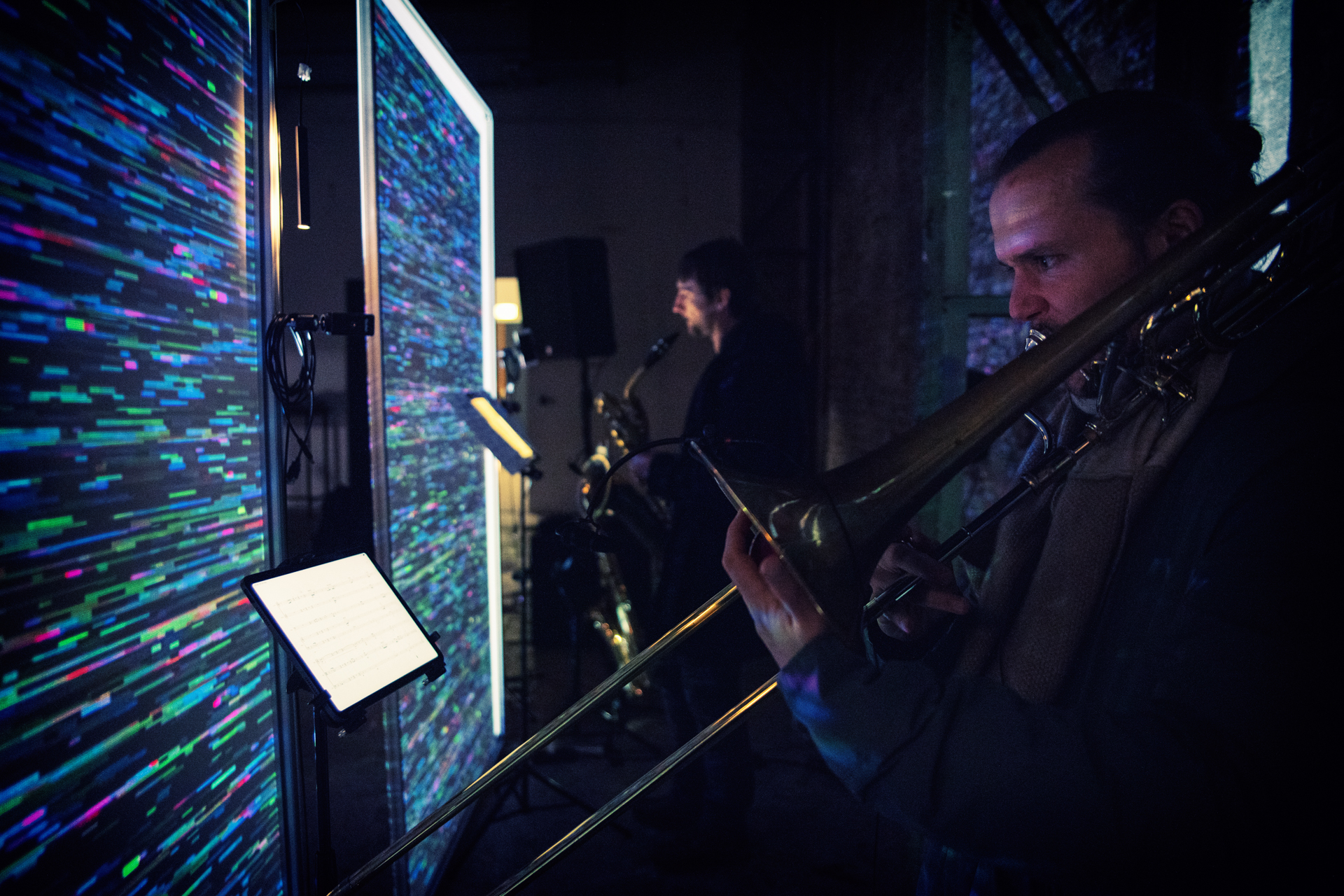
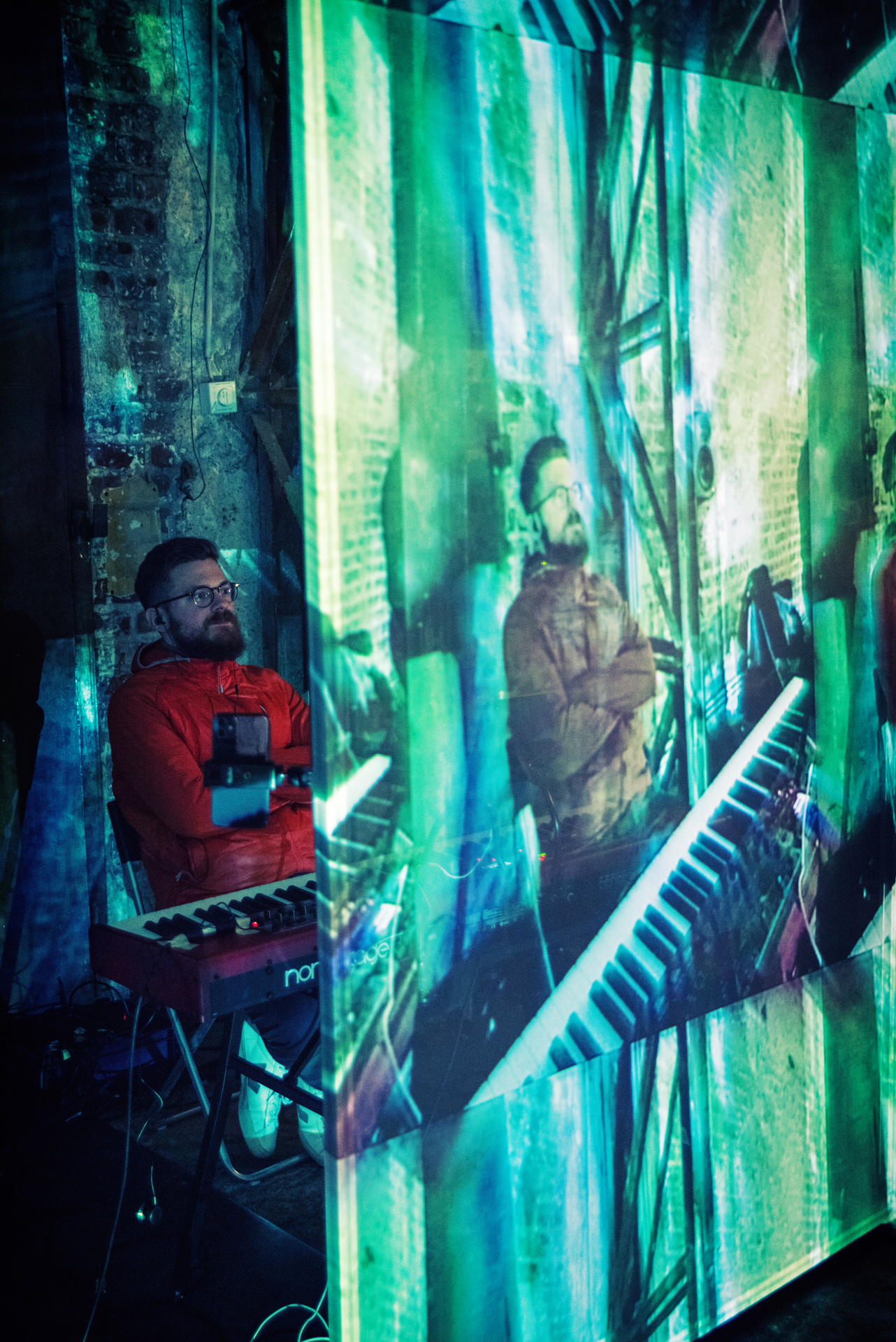
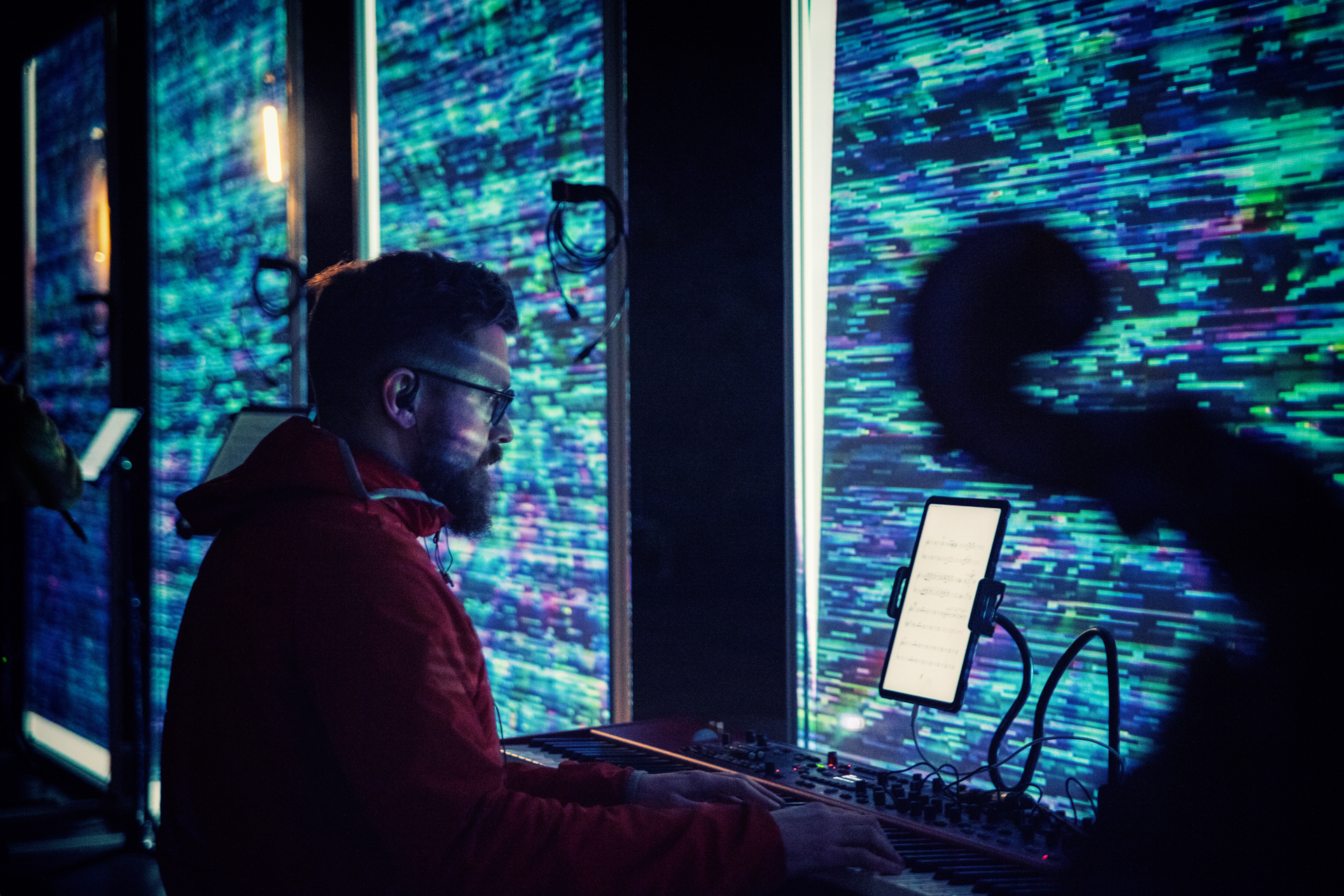
“Google Glass totalizes the hunter’s optics, which blocks out everything that promises no prey, i.e. no information. The deeper happiness of perception, of seeing, however, lies in its lack of efficiency. It arises from the long gaze that lingers with things without exploiting them.”
Byung-Chul Han, In The Swarm
Pablo Garretón
Pablo Garretón is a composer with interests in chamber music with electronics, sound art, video installation and performance. In all these different formats, he always works with his personal attention to detail and relates sound to our society and the environment. Garretón studied composition in Santiago de Chile and completed a master’s degree in electronic music with Michael Beil as well as the concert exam at the Hochschule für Musik und Tanz in Cologne.
He has worked as a composer and performer with live electronics in solo pieces and in numerous interdisciplinary projects. His interest in critical perspectives on new technologies has led to pieces such as his transmedia installations “Re-cognize me 2.0” in 2021 and “Transparence” in 2023, in which he combines live video, composition, electronic music and performance.
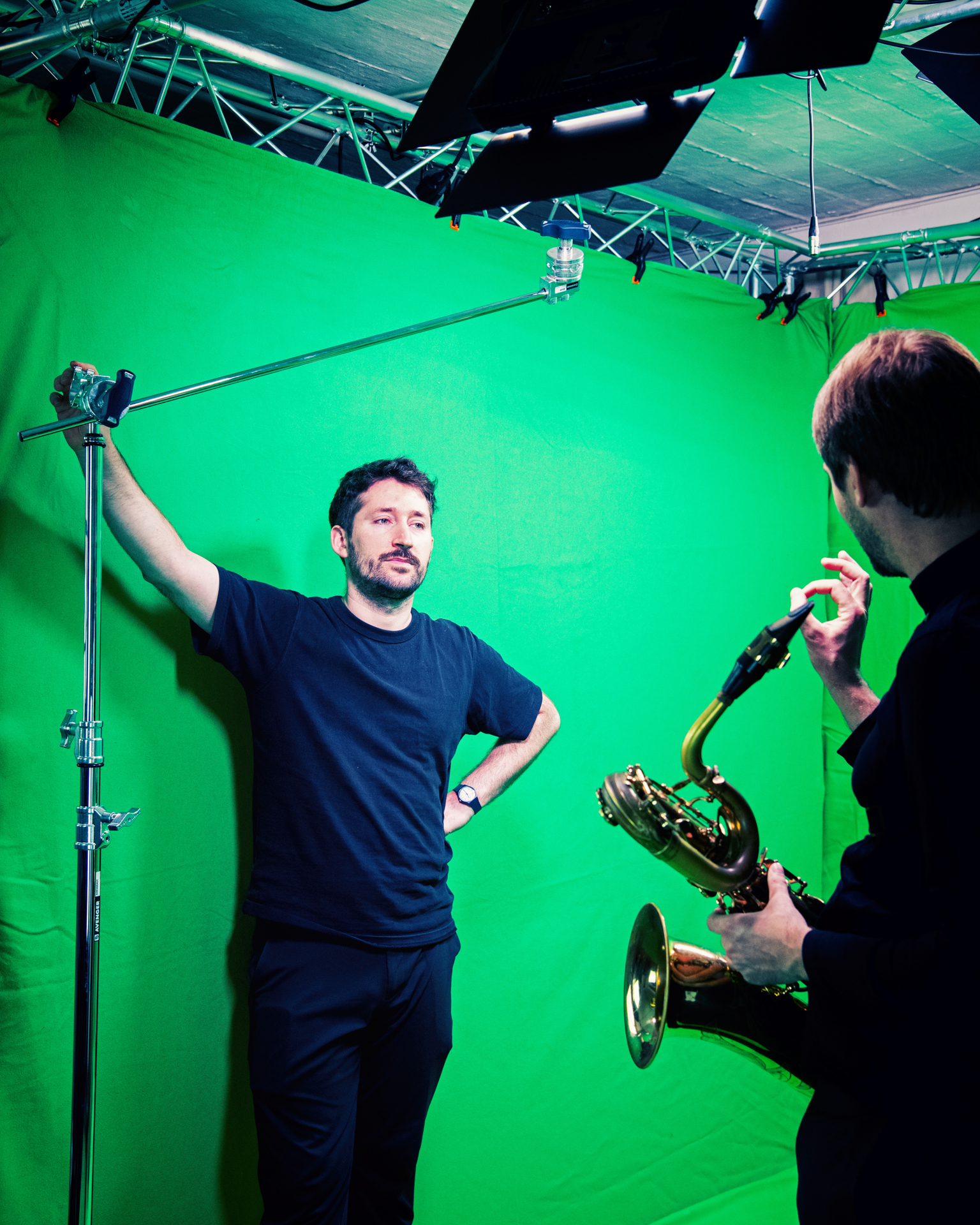

Text basis: In the swarm – views of the digital
“In the Swarm” is a book by South Korean philosopher Byung-Chul Han that deals with the effects of digitalization and technology on society and the human psyche. Han describes the negative effects of information technology and social media on individuals and society, in particular the rapid increase in isolation and excessive demands. The book challenges us to think about how we behave in a digital world and how we can defend ourselves against its negative effects.
“Trust is an act of faith that is becoming obsolete in the face of readily available information. The information society discredits all faith.”
Byung-Chul Han, In The Swarm
Libretto and ChatGPT
ChatGPT is an AI language model trained by OpenAI. It uses a technology called “Transformer” and can perform tasks such as text generation, text summarization and question-answering systems. It is able to understand and generate natural language, making it a tool in applications such as chatbots, virtual assistants and more. ChatGPT can compose poems and formulate them according to certain specifications. The libretto was created accordingly.


Paul Pape
Paul Pape lives and works in Offenbach am Main. He studies at the HfG Offenbach am Main – Hochschule für Gestaltung und Kunst – in the photography class with Prof. Martin Liebscher and in the graphic design class with Prof. Sascha Lobe and Prof. Klaus Hesse.
Paul is a member of Atelier Wäscherei in Offenbach am Main. He co-developed and built the stage set – the transparent screens – for Transparence.
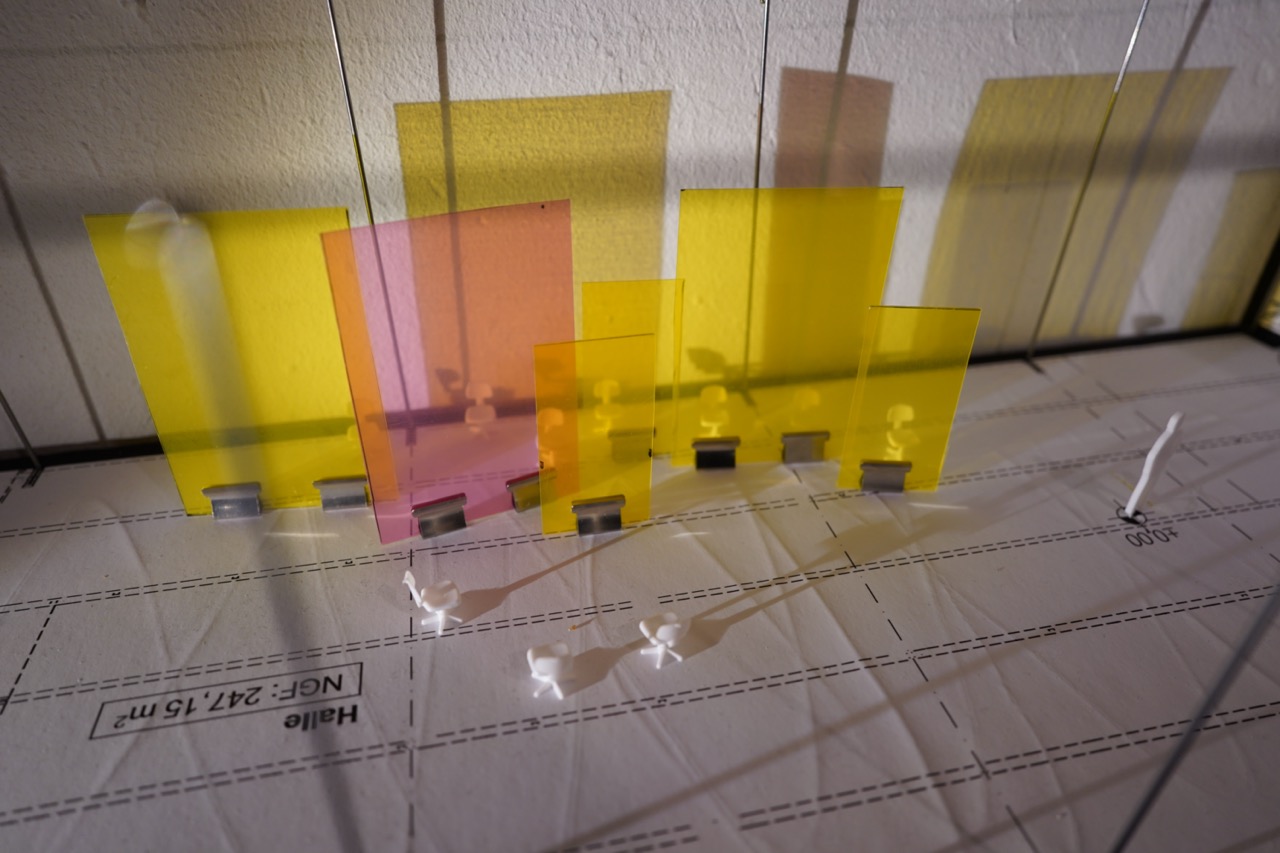
Making of…
Transparence has been in development since the commission was awarded to Pablo Garretón at the beginning of 2022. The piece is musically and visually full of challenges and requires well thought-out spatial planning. The particular difficulty here was to conceive a visually sophisticated piece of music theater that is also flexible enough to be performed after the premiere. This gave rise to the idea of developing mobile screens made from opera foils.
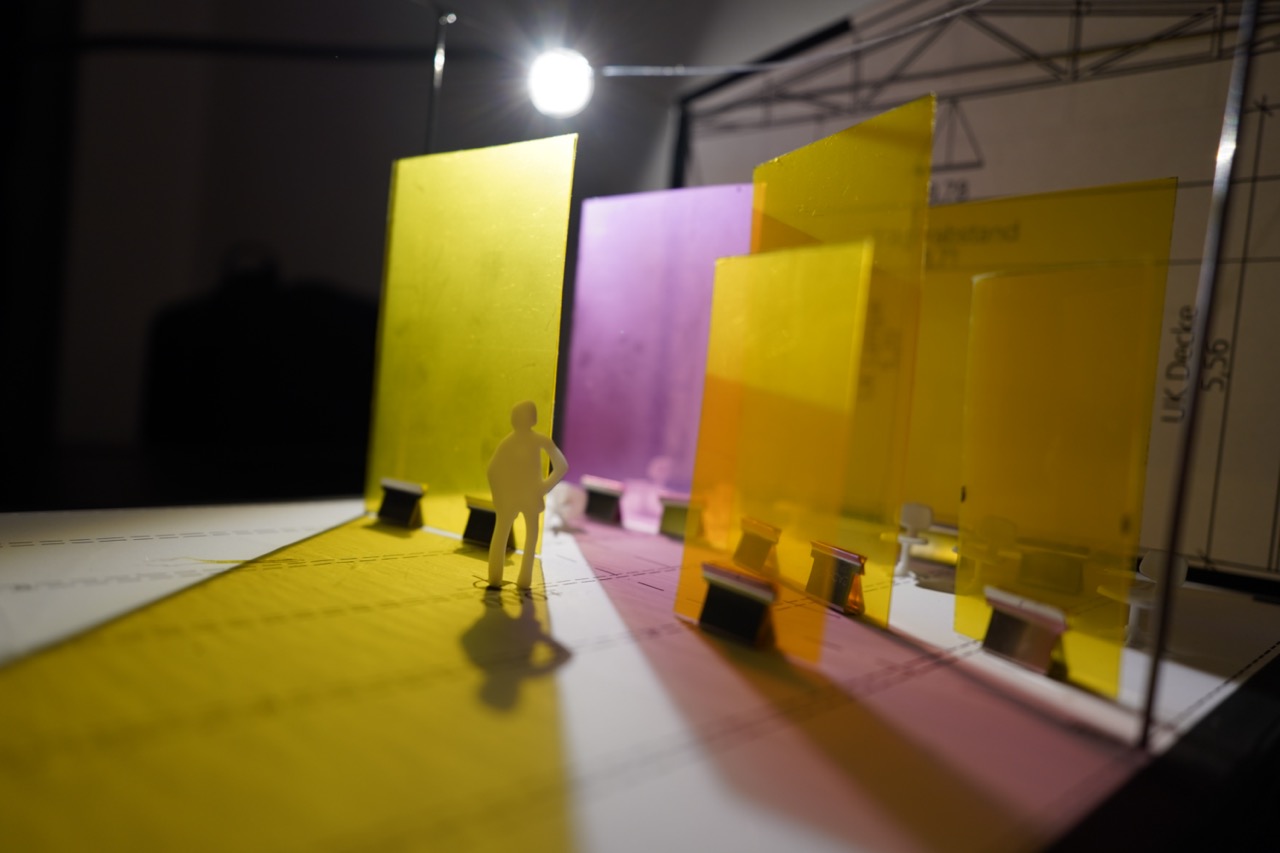
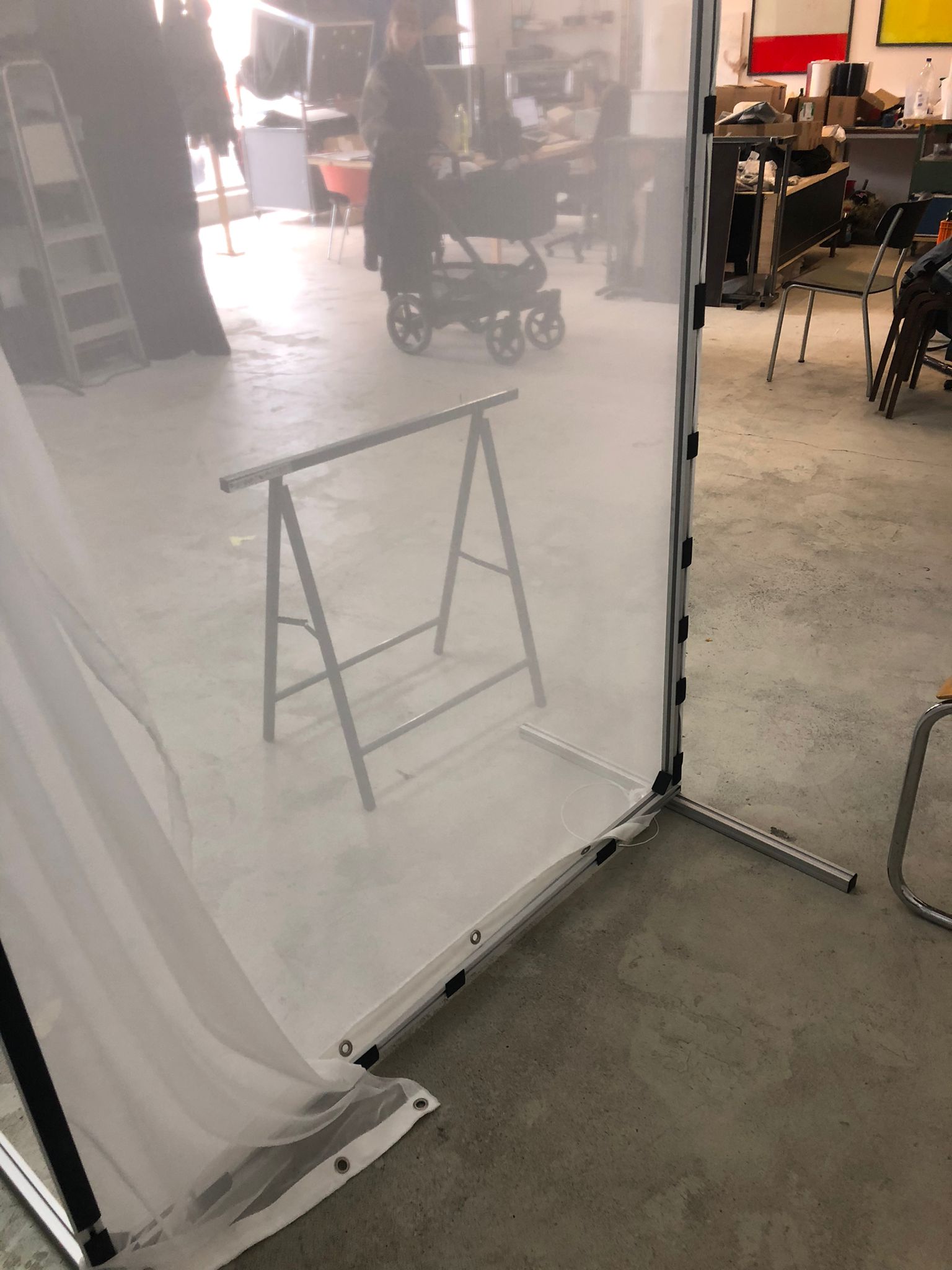
…Opera-Slides
The Opera slides are designed in 9:16 smartphone format and are intended as a reminder of the digital projects of the past two years.
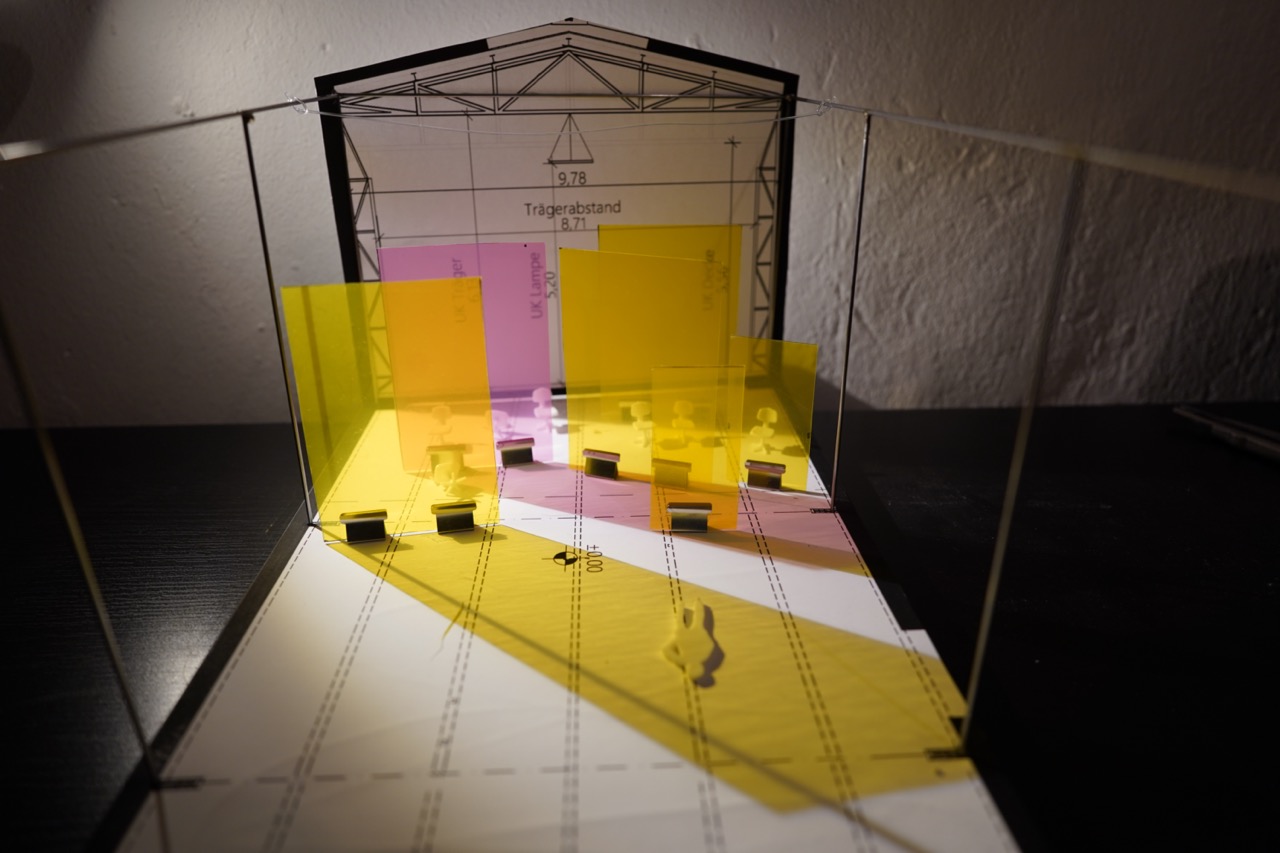
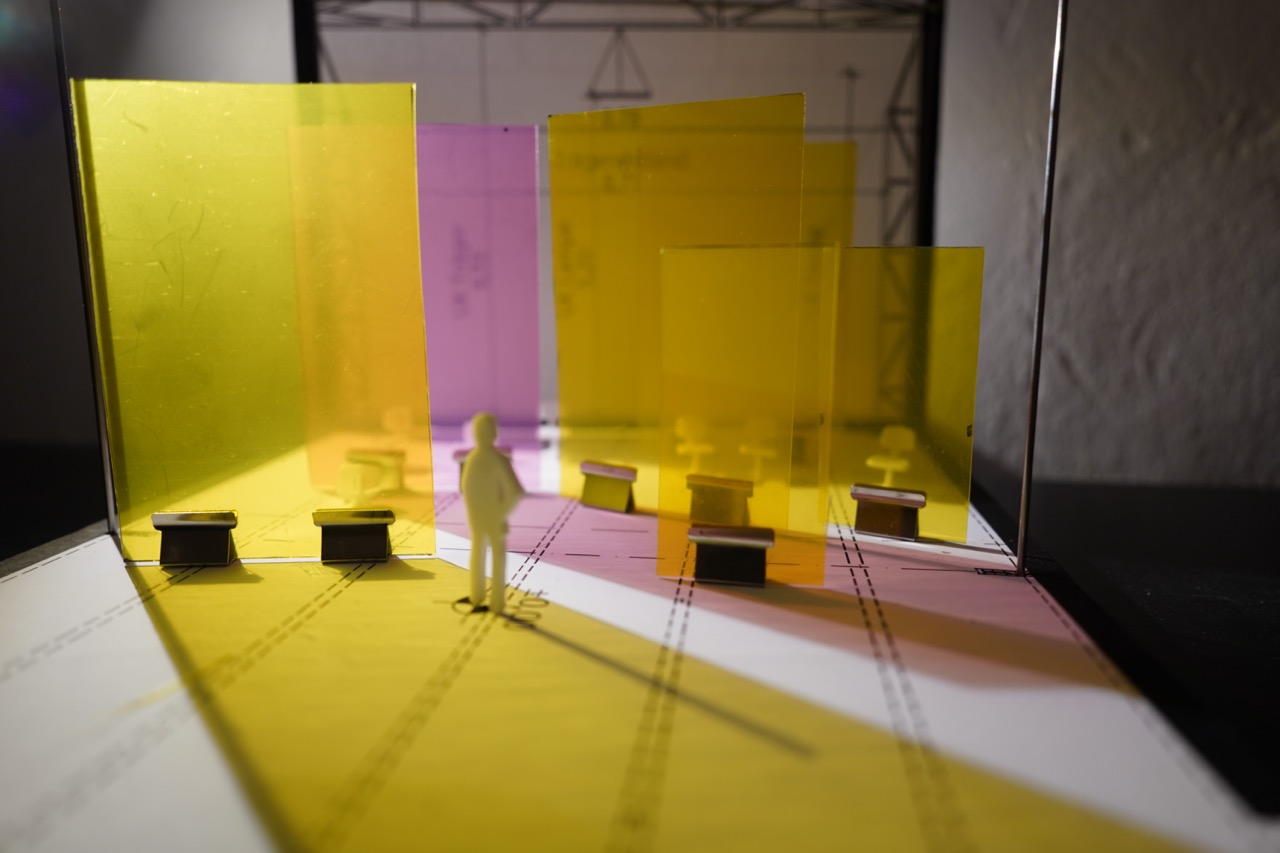
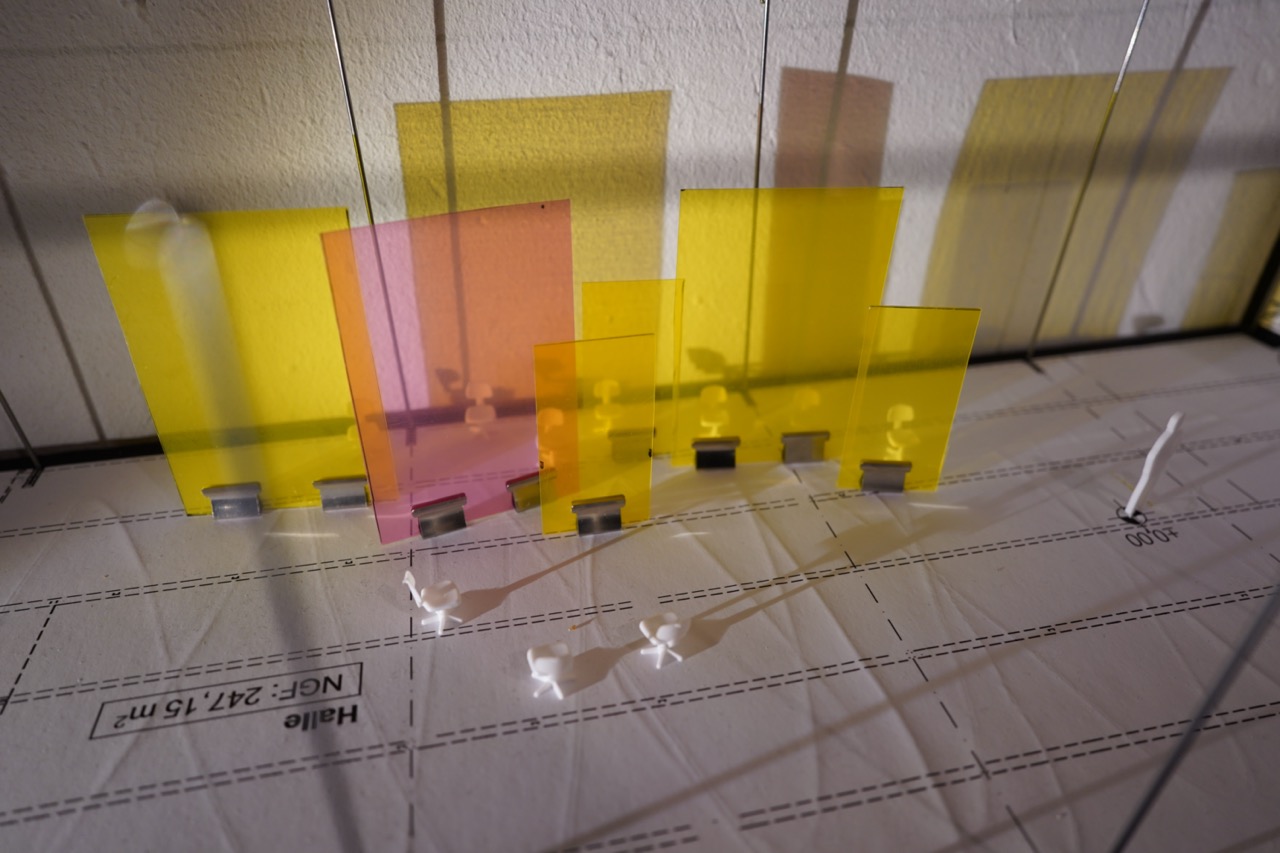
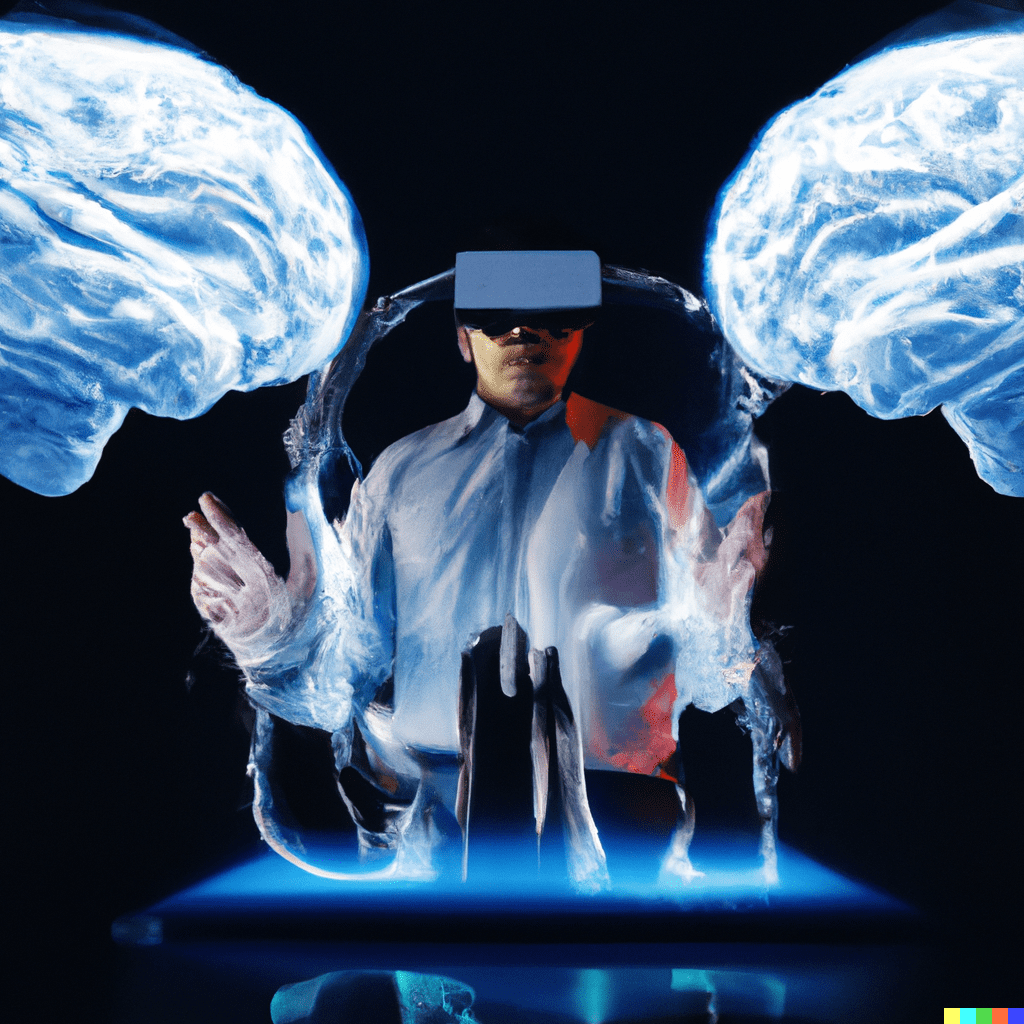
Perception, consciousness and simulated reality
TRANSFLEISCH takes up scientific findings and philosophical discourses on the subject of perception and consciousness and translates them into a contemporary aesthetic. The starting point is Thomas Metzinger’s theory, “which states that the content of consciousness is the content of a simulated reality in our brain and that the feeling of being is itself a part of this simulation.” (from: The Ego Tunnel).
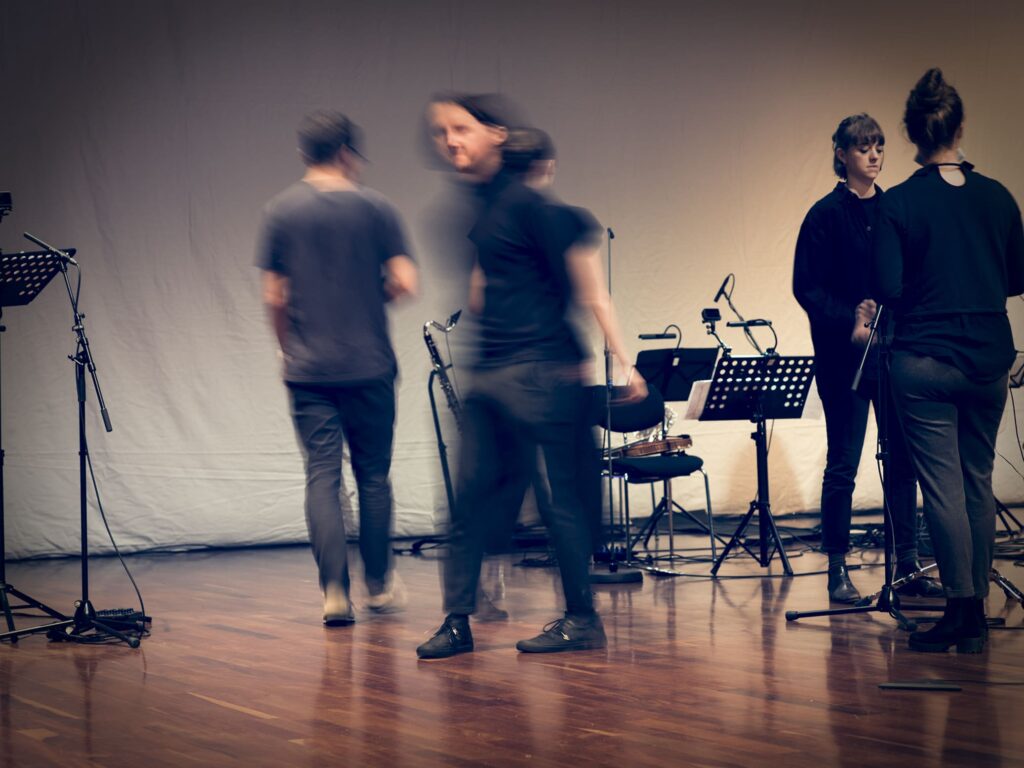
Any theory that represents progress will initially have to be counterintuitive.
Daniel C. Dennet, The Intentional Stance (1978)
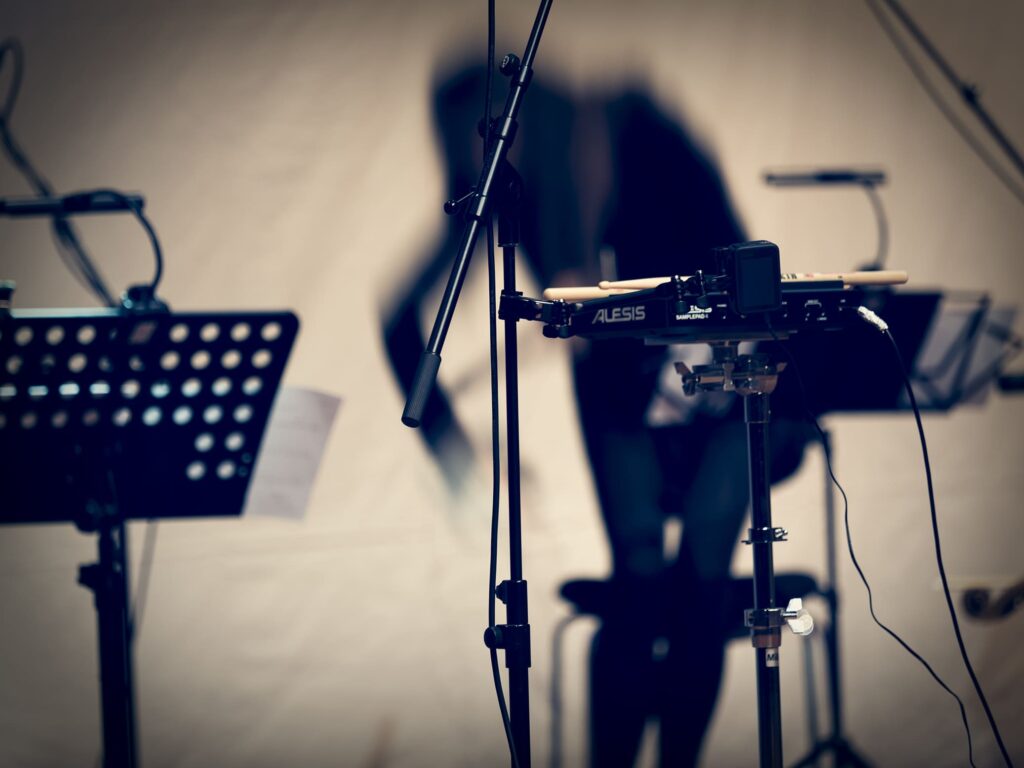
Limits of acoustic and visual perception
The music theater performance TRANSFLEISCH experiments with the boundaries of acoustic and visual perception. How do consciousness and the experience of reality function? Do the changed worlds of life, such as the virtual worlds, result in new forms of narration? Do recent theories about consciousness as a simulation of reality influence our perception? In TRANSFLEISCH simulation and reality meet – (how) can they be distinguished from each other?
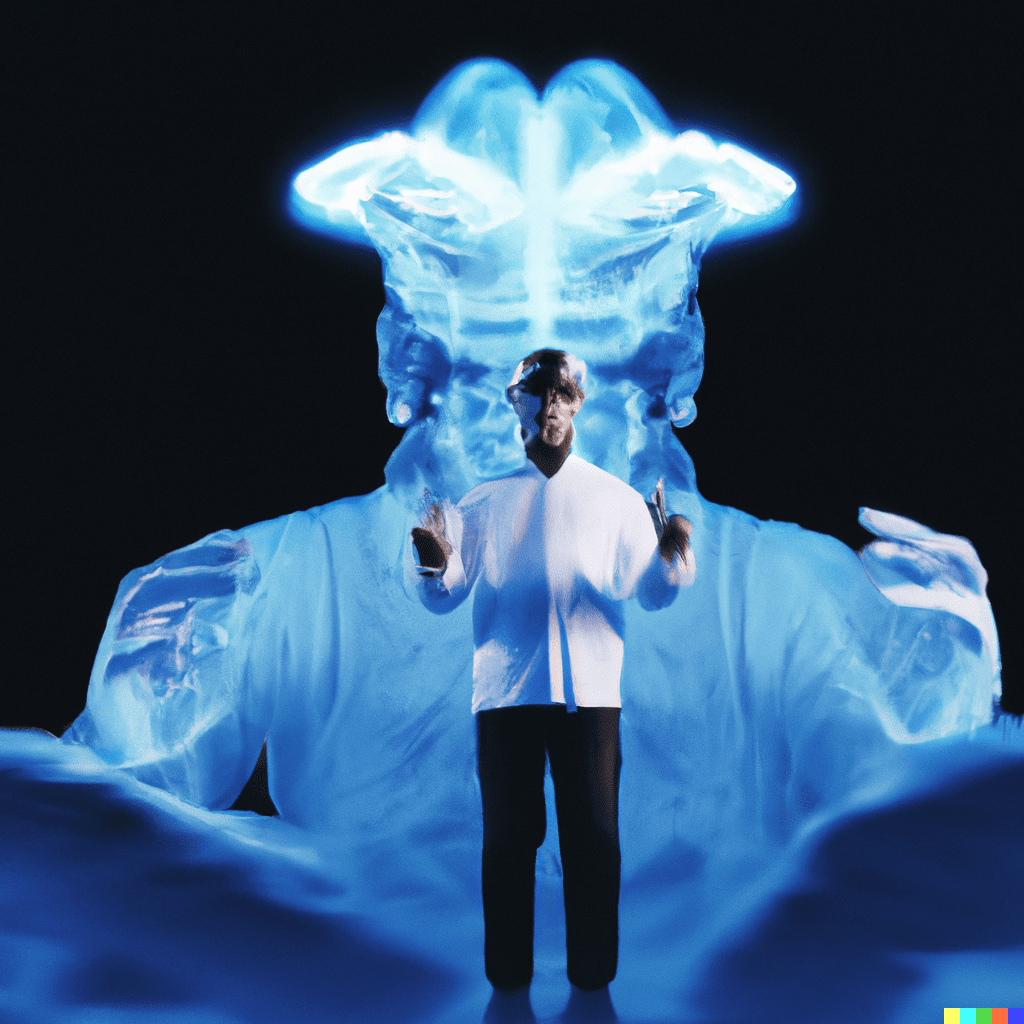
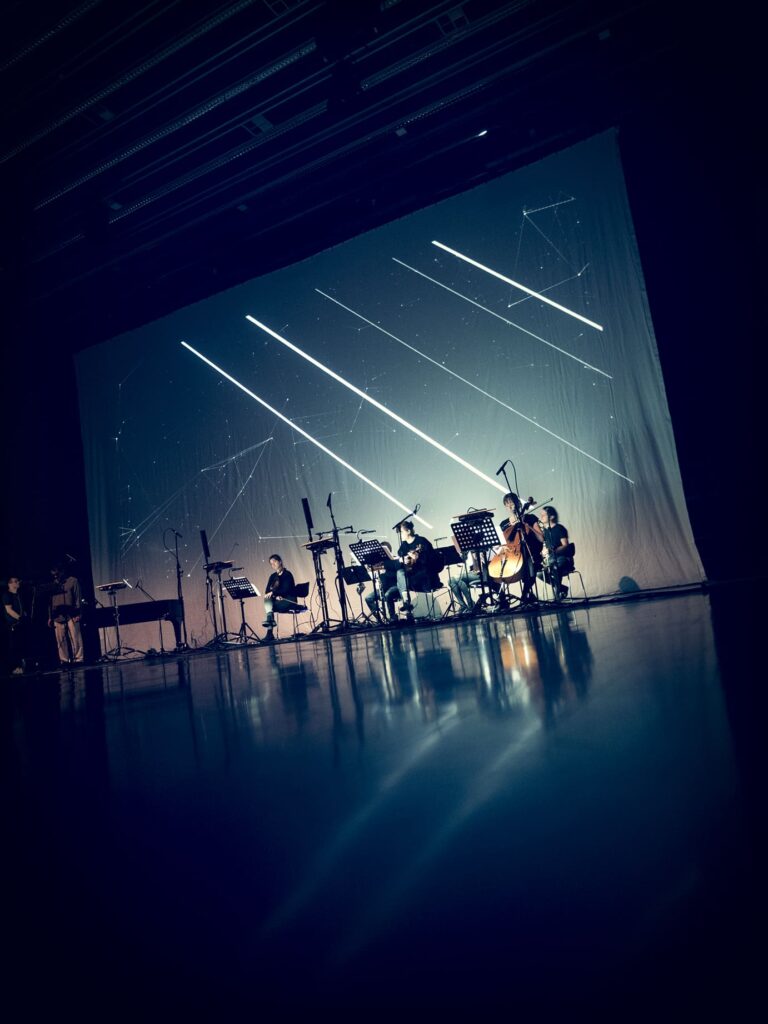
The conscious experience of being a subject arises when a single organism learns to enslave itself.
Thomas Metzinger, The Ego Tunnel: The Science of the Mind and the Myth of the Self
TRANSFLEISCH 2013, 2019 and 2021
TRANSFLEISCH was conceived in 2013 by Sergej Maingardt and Rosi Ulrich as a purely electronic piece for an actor. The text was written by Rosi Ulrich the music is composed by Sergej Maingardt. In 2019, electronic ID was able to commission a composition in which an excerpt of the work was created for amplified ensemble, video and actor.
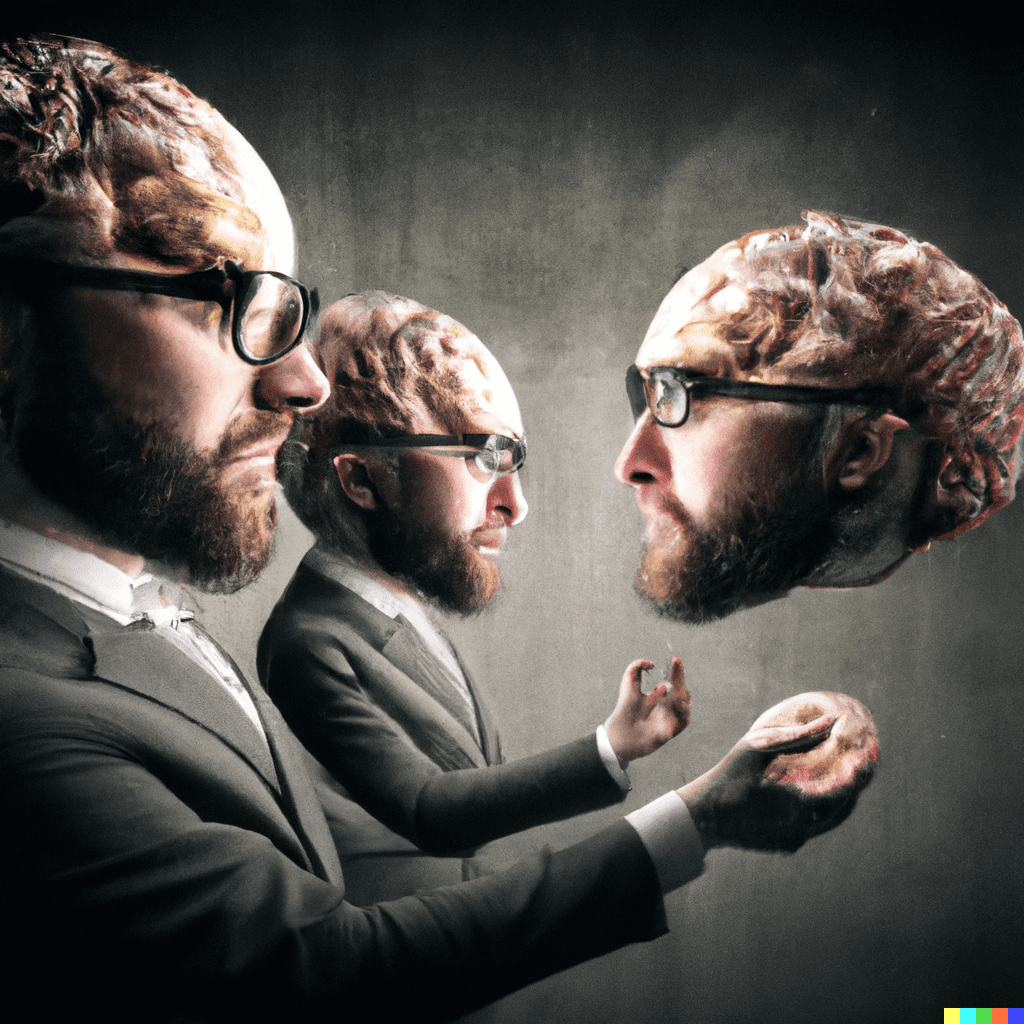
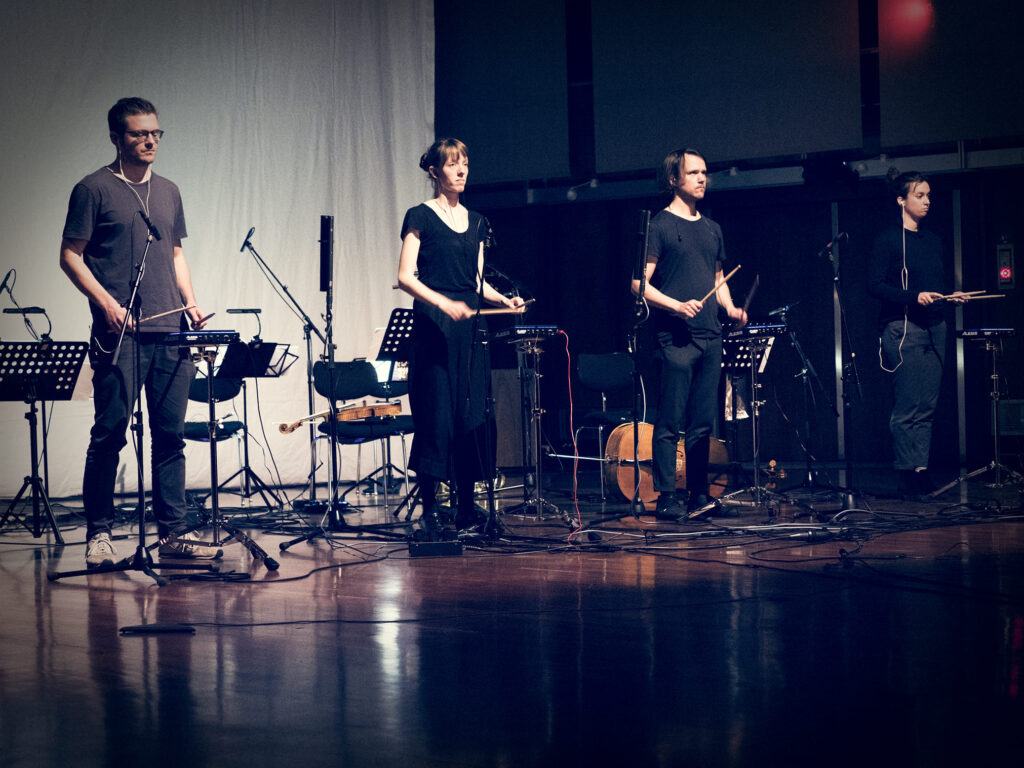
Full evening musical theater
Following on from the success of the 2019 experiment, electronic ID awarded a composition commission to Sergej Maingardt in 2021 – not least thanks to the generous support of the Kunststiftung NRW – which enabled the creation of the full-length music theater TRANSFLEISCH for ensemble. The piece experienced its radio premiere as part of the “Forum neuer Musik 2021” on Deutschlandfunk.
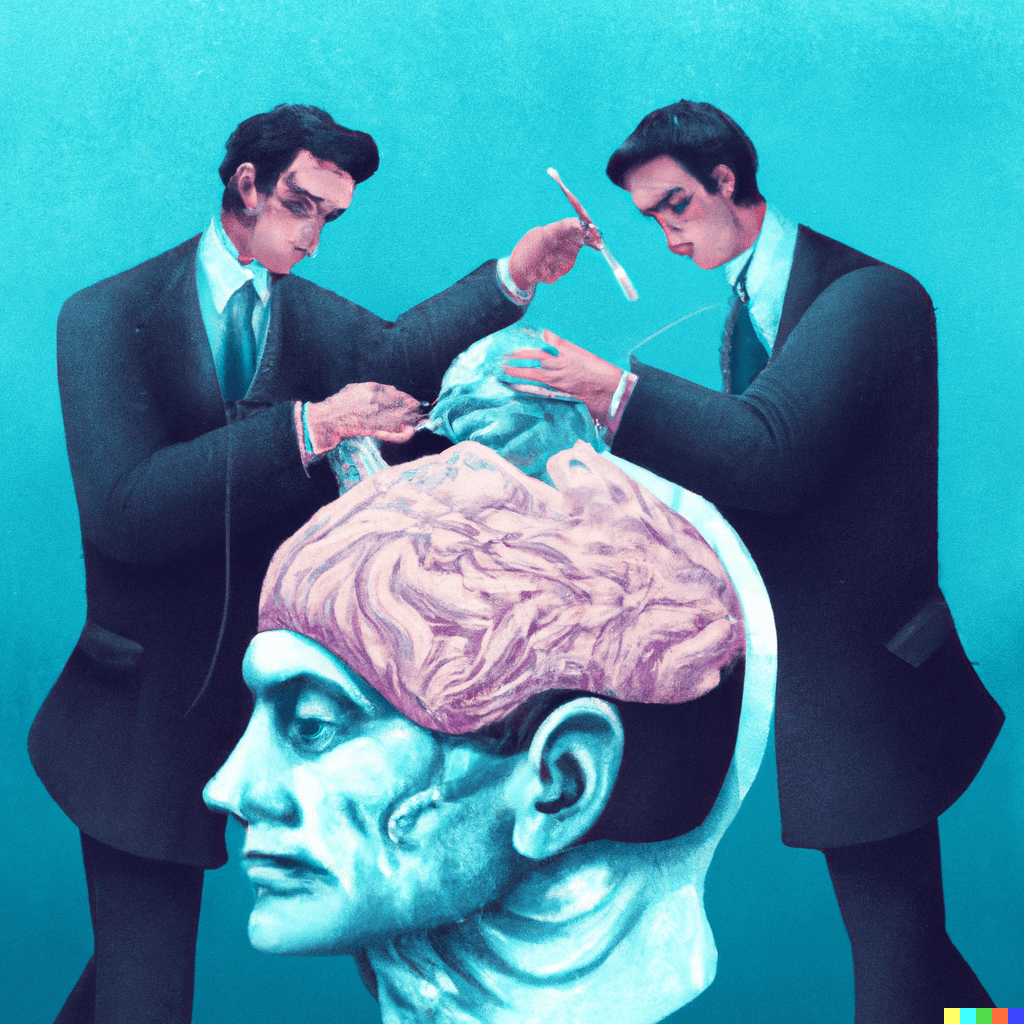
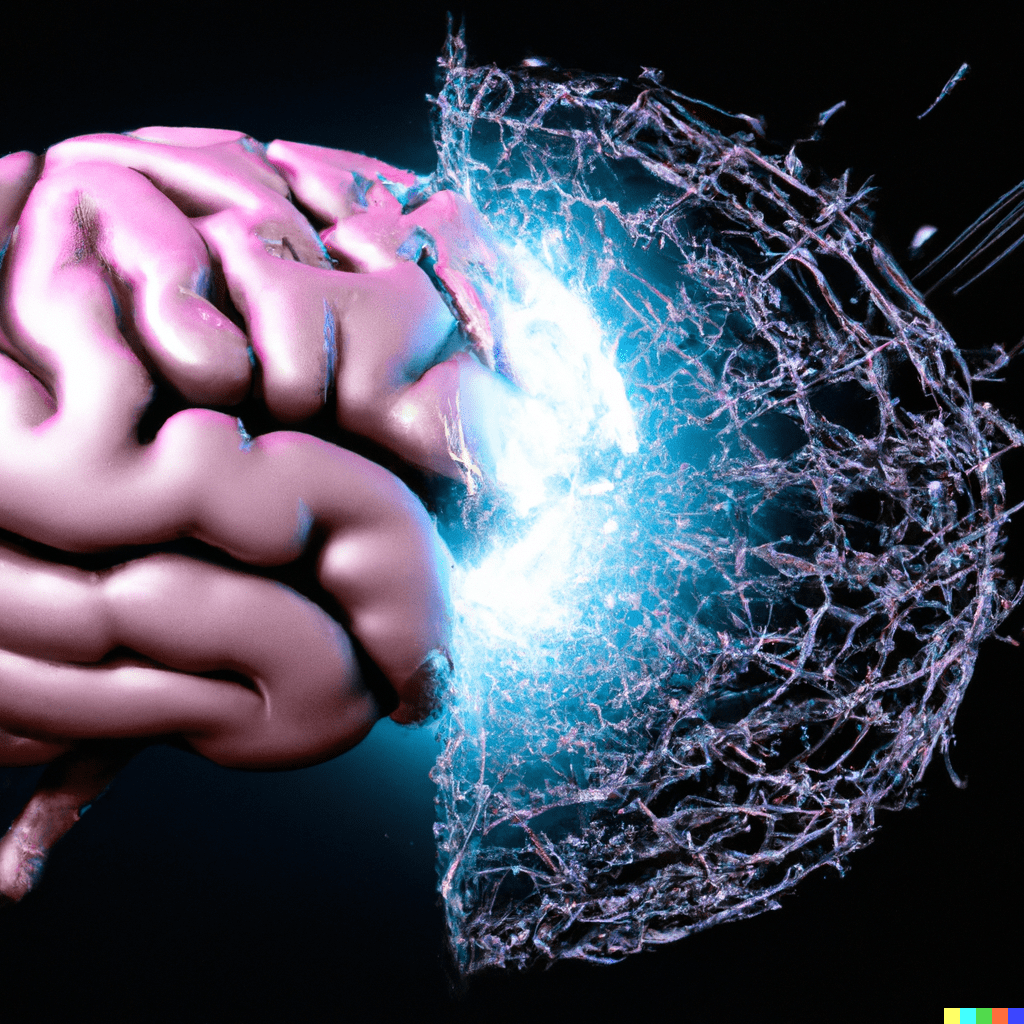
Sergej Maingardt
*1981, Kazakhstan. Born into the era of digitalization, he sees music as an important contemporary art to reflect the rapid global change of the world. His work as a composer is influenced by modern technologies and the way they change human perception – which he in turn reflects artistically in multimedia. Maingardt studied electronic composition in Cologne and media and cultural analysis in Düsseldorf.
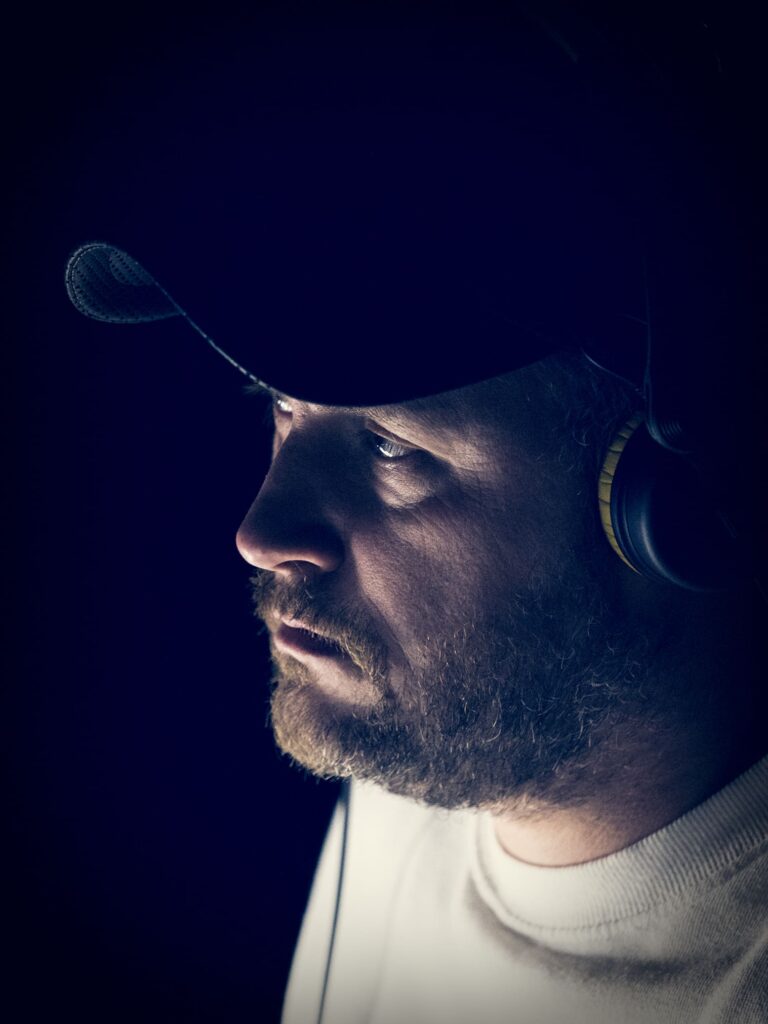
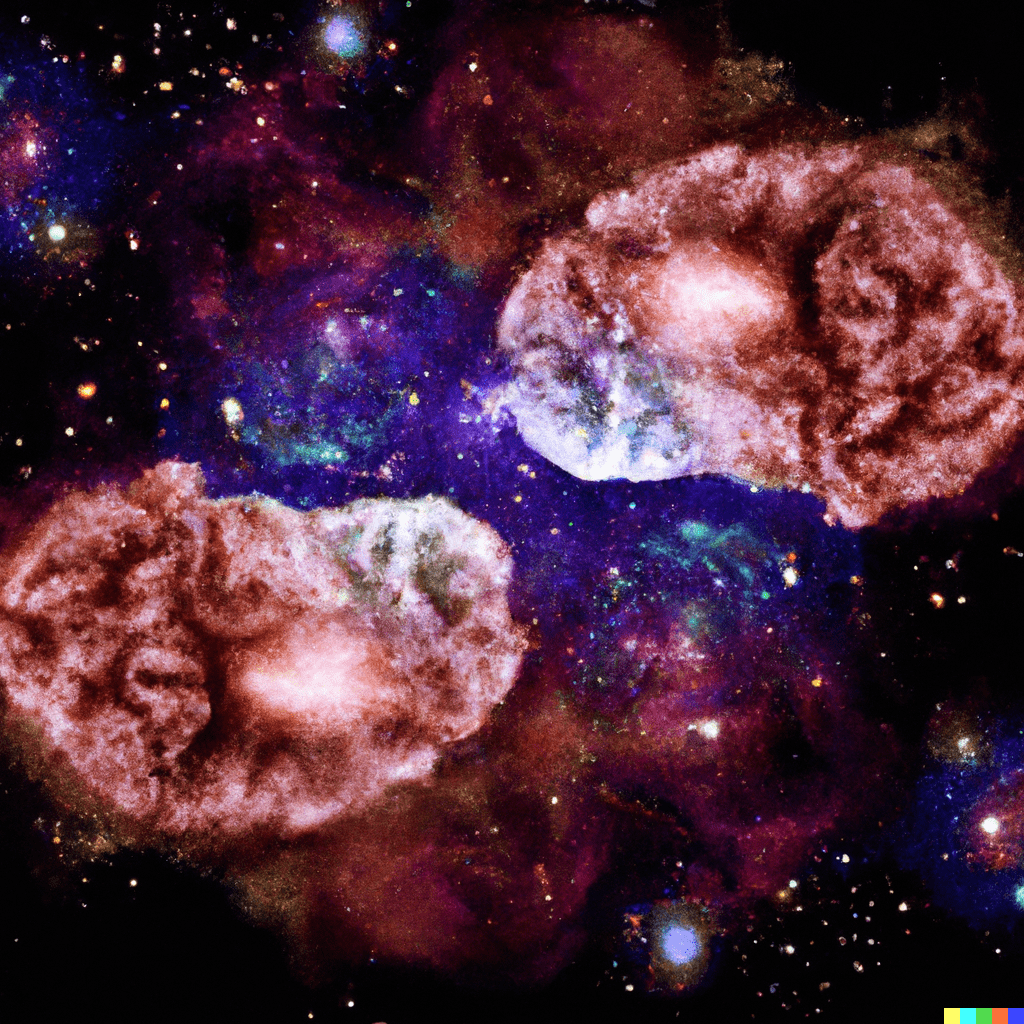
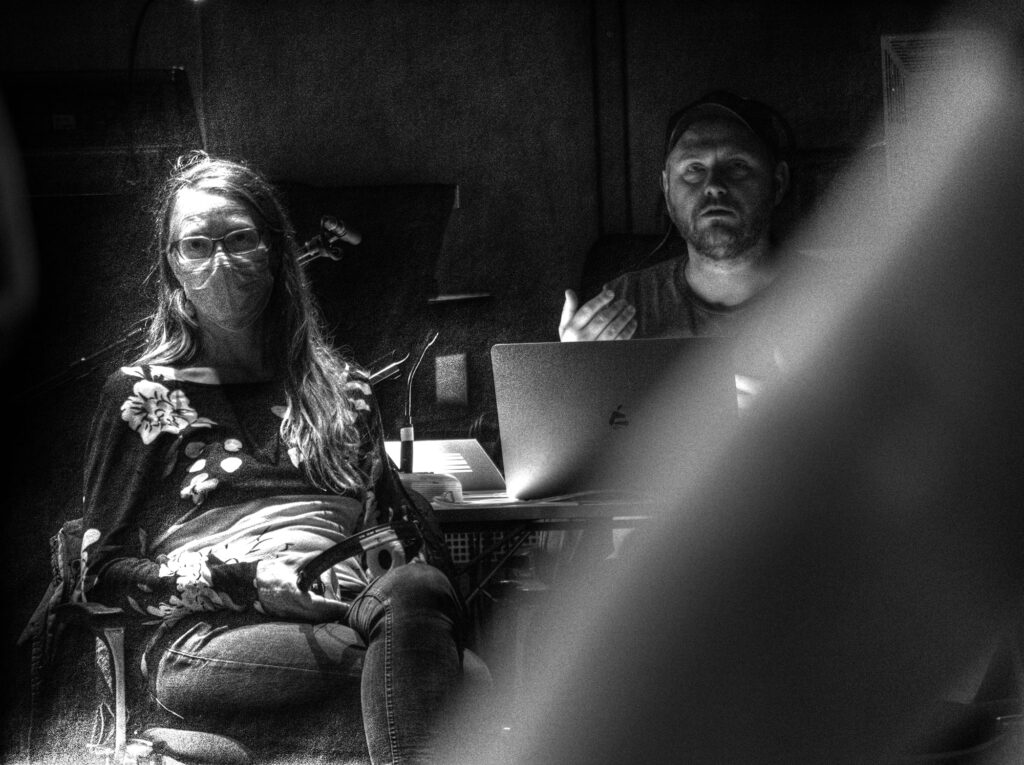
Rosi Ulrich
As a dramaturge and author for theater and radio plays, she is particularly interested in contemporary society in its processes of transformation. She develops concepts and theater adaptations for site-specific and documentary pieces. 1996-2000 she was co-director of the Trash Theater in Cologne. In 2001 she founded theater-51grad, which merged with Andrea Bleikamp and wehrtheater to form WEHR51 in 2019.
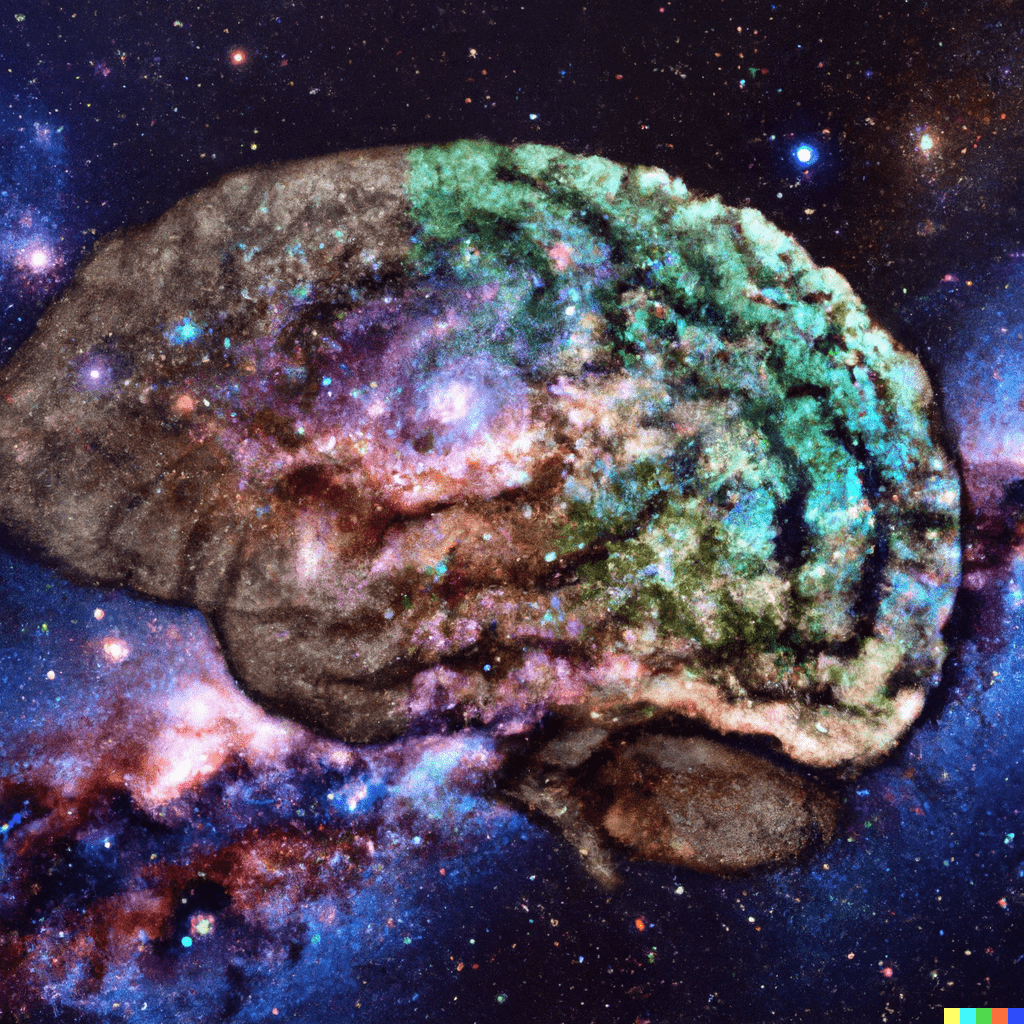
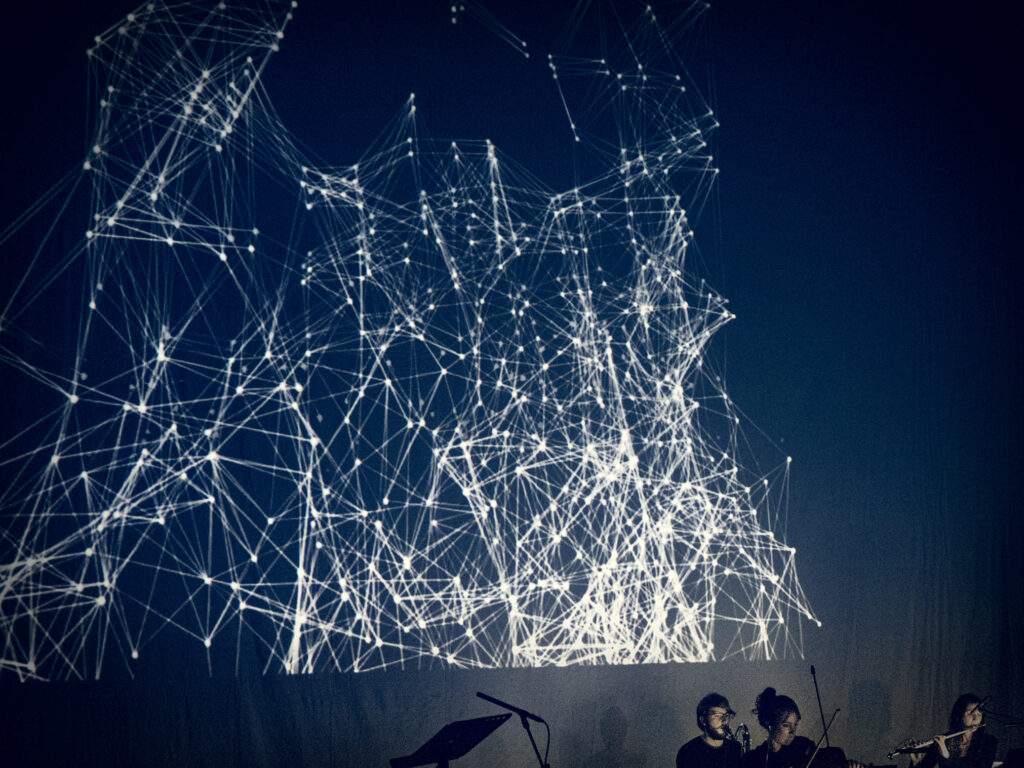
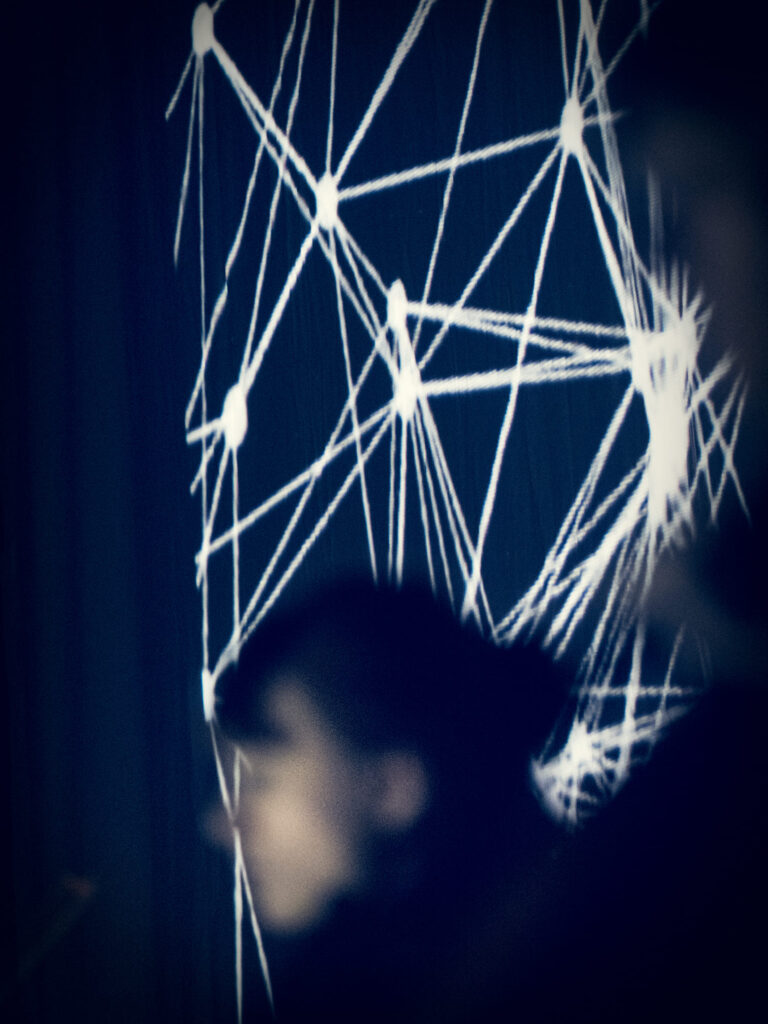
Concerts and Tickets
23.10.2022 – UA TRANSFLEISCH im Forum Leverkusen
–> TICKETS <–
//
9.12.2022 – TRANSFLEISCH im Filmforum NRW Köln
–> TICKETS <–
//
3.4.2023 – TRANSFLEISCH in der Bundeskunsthalle Bonn
